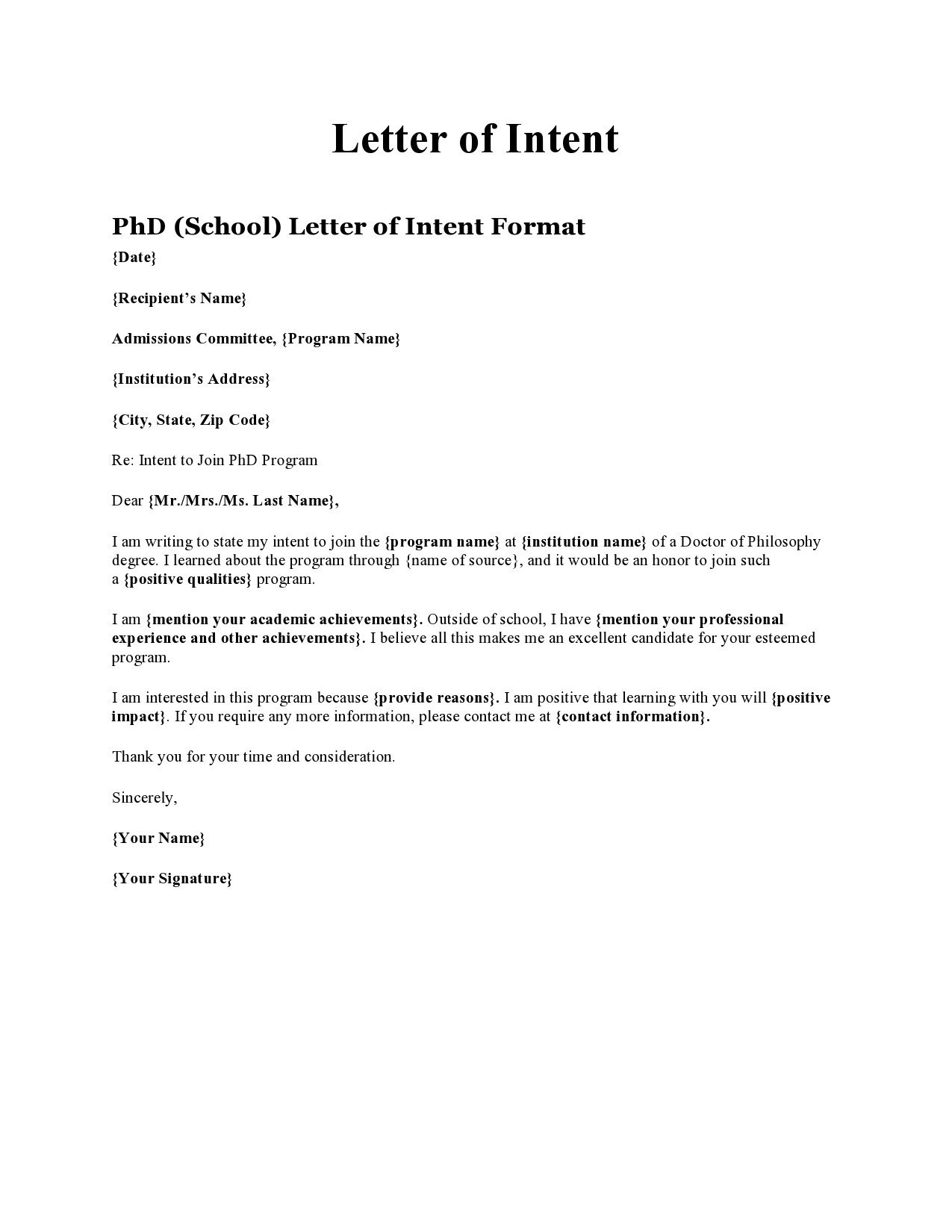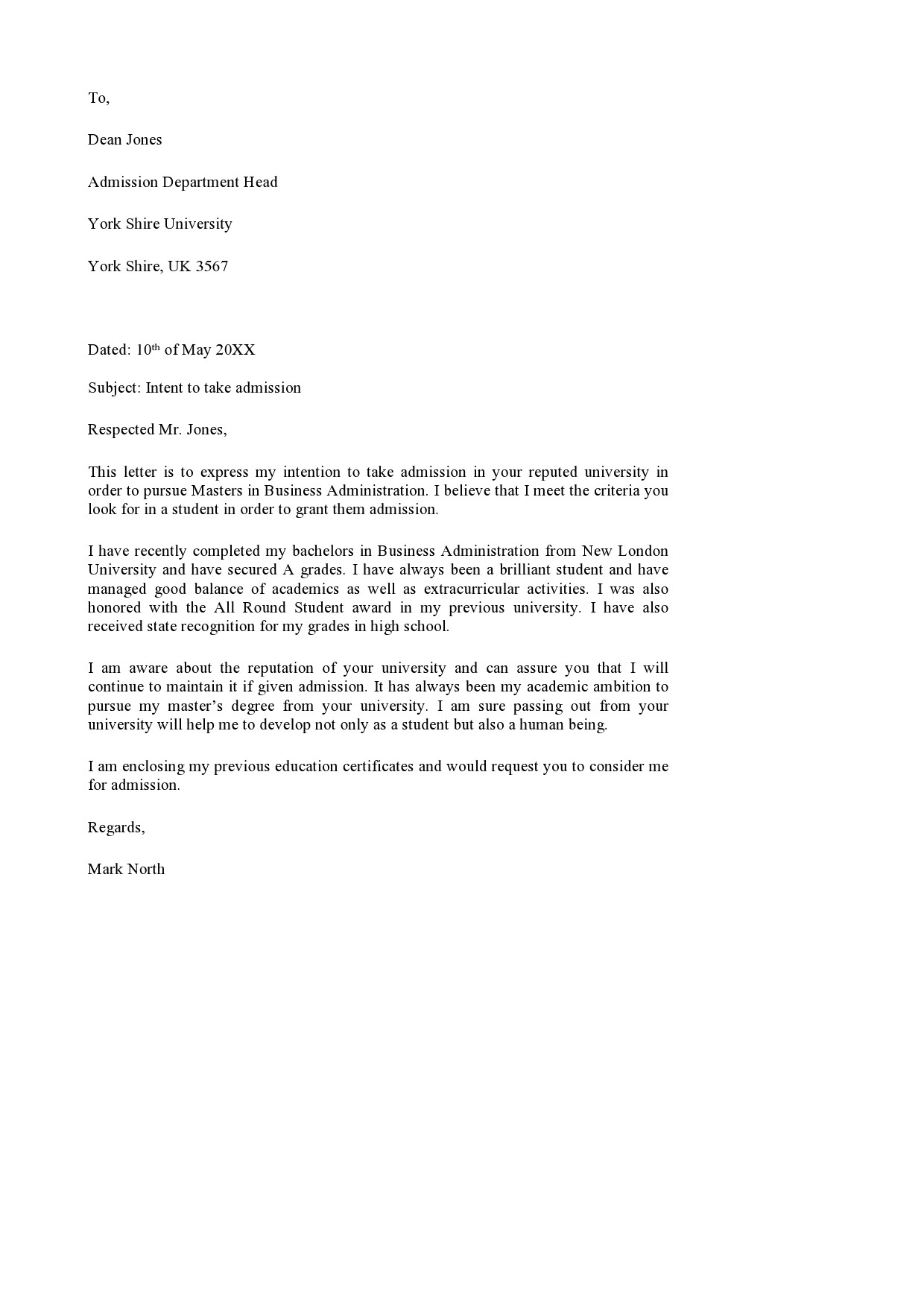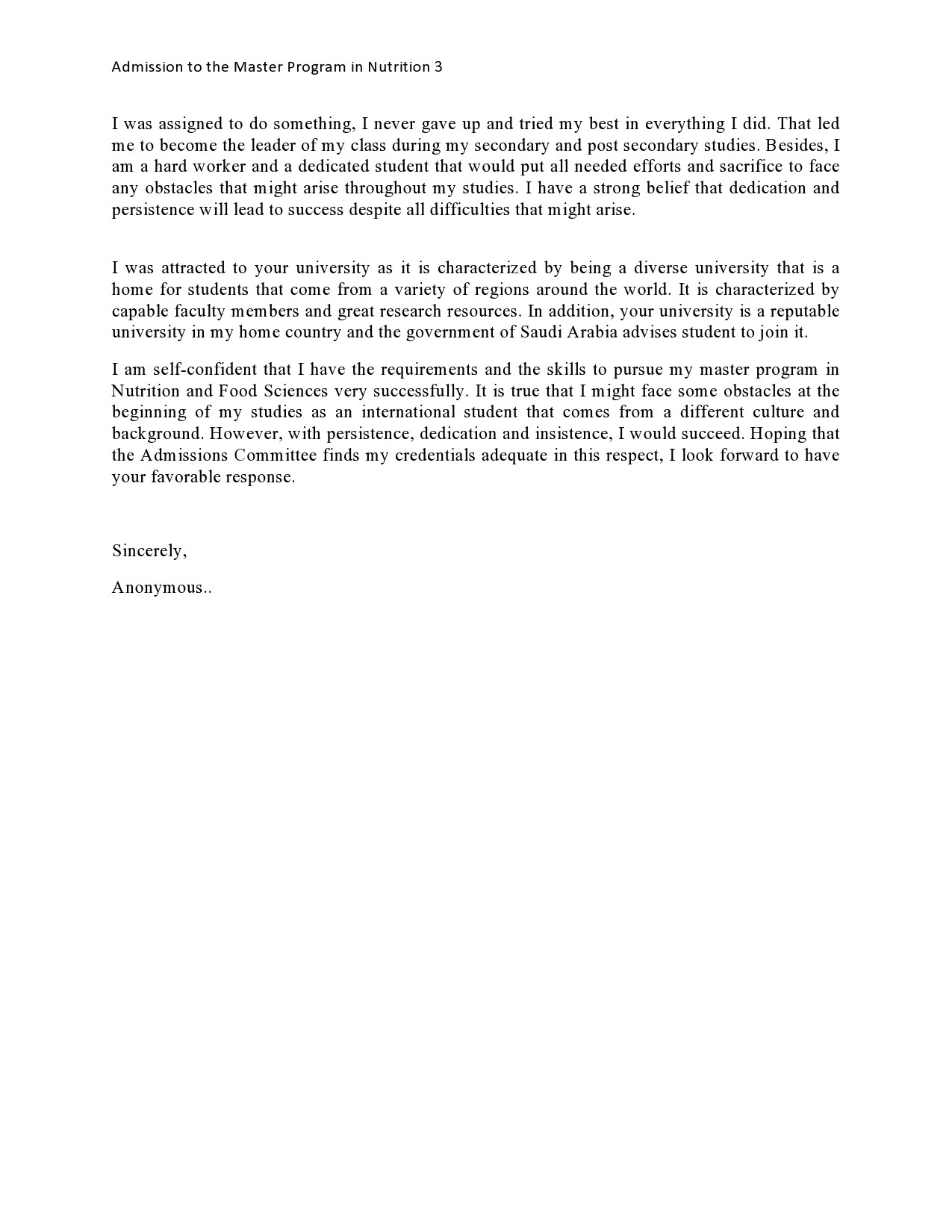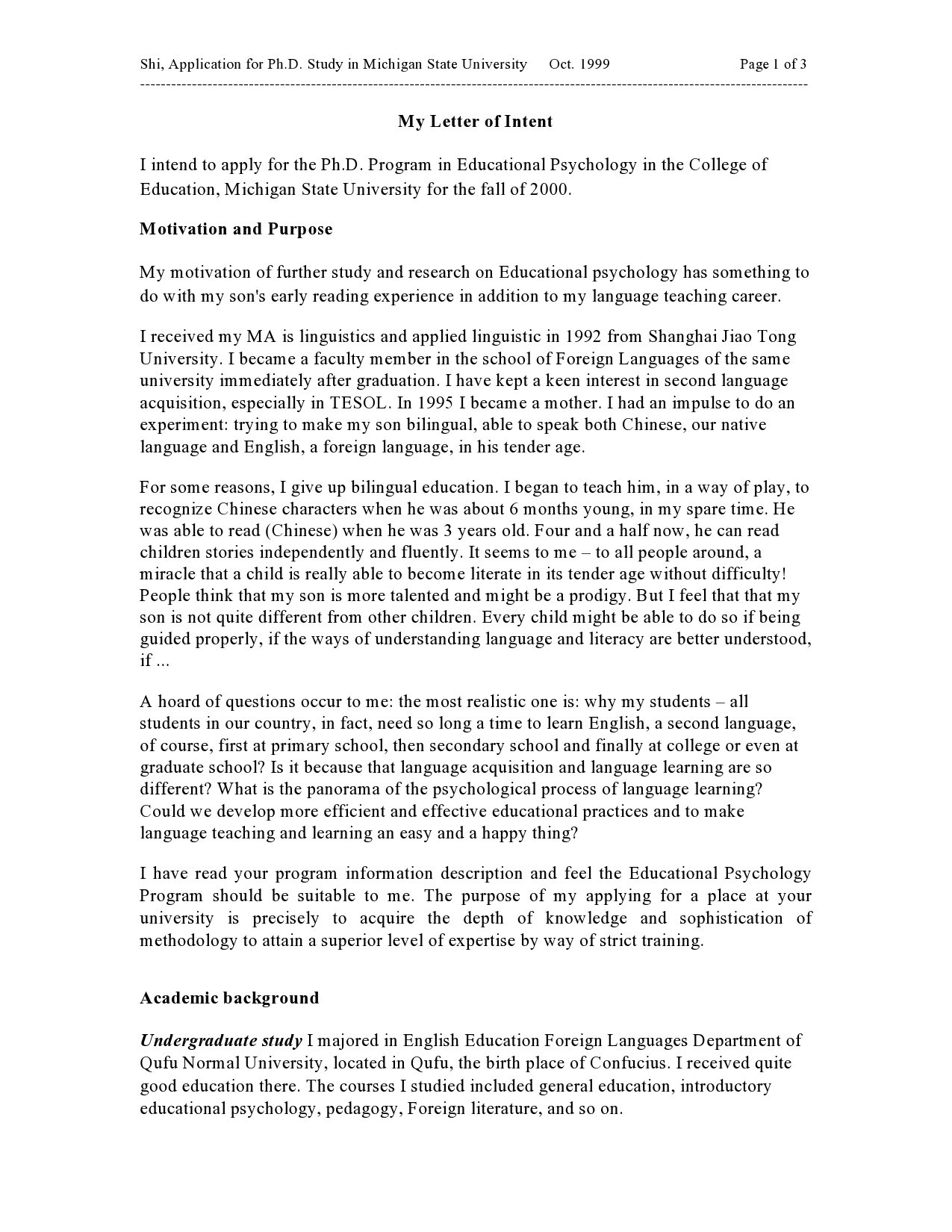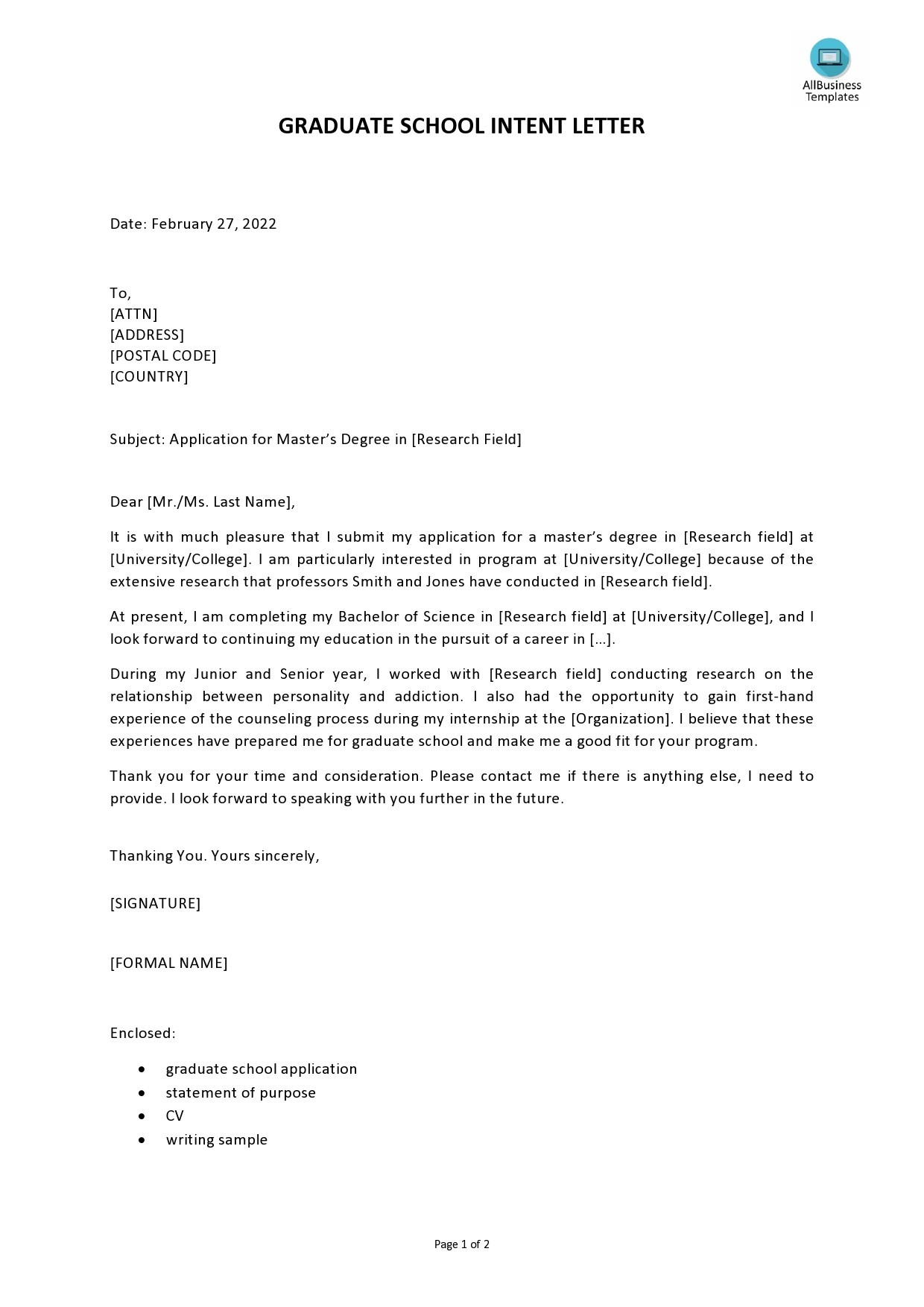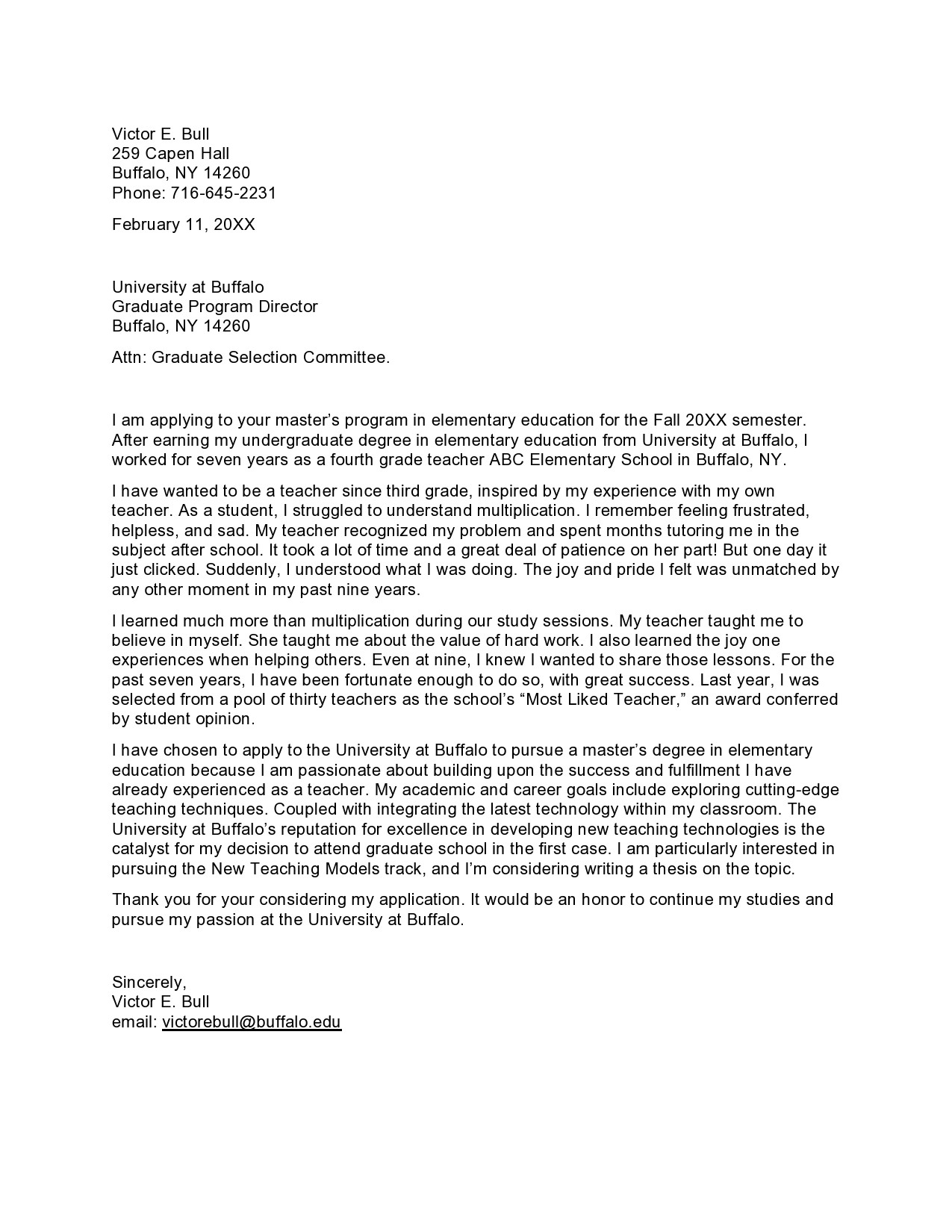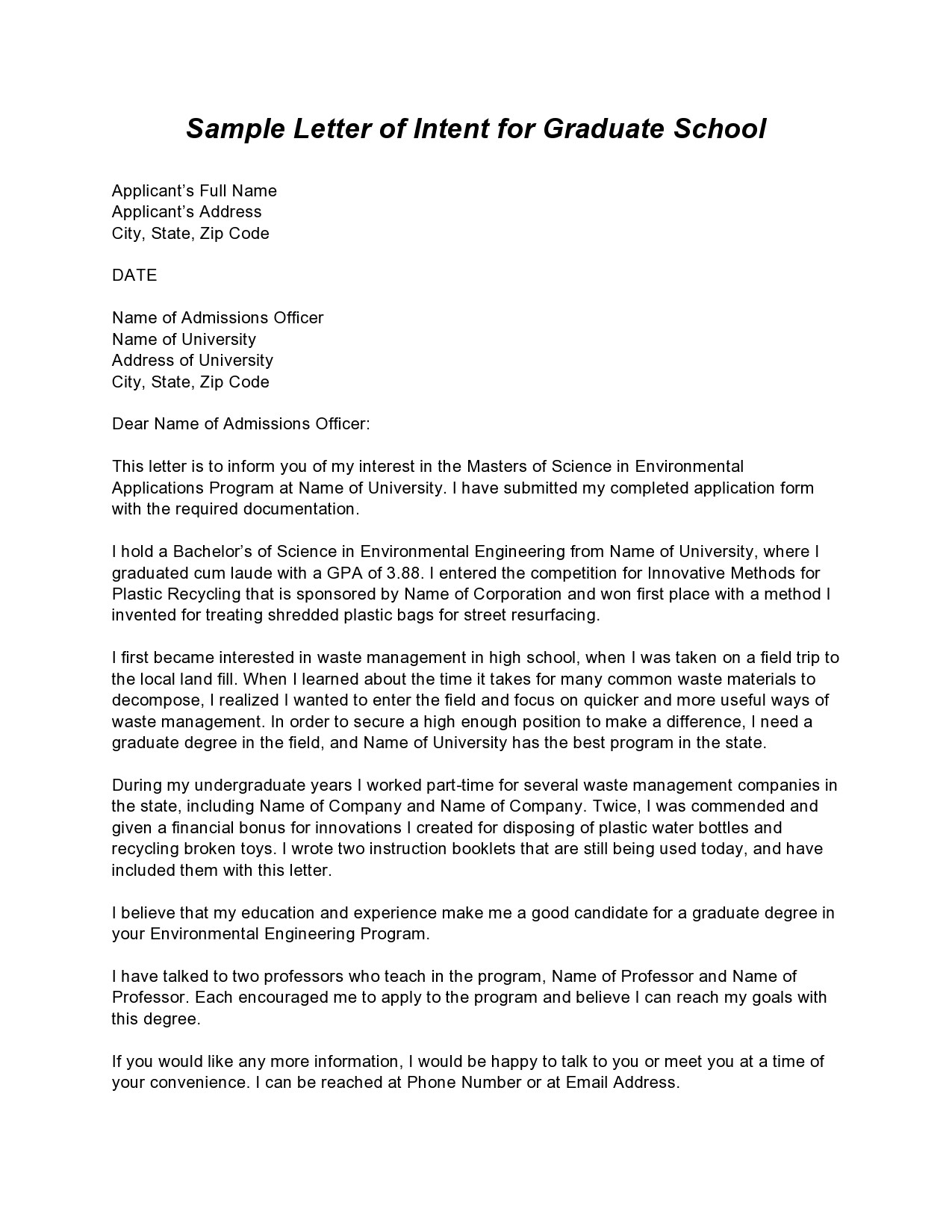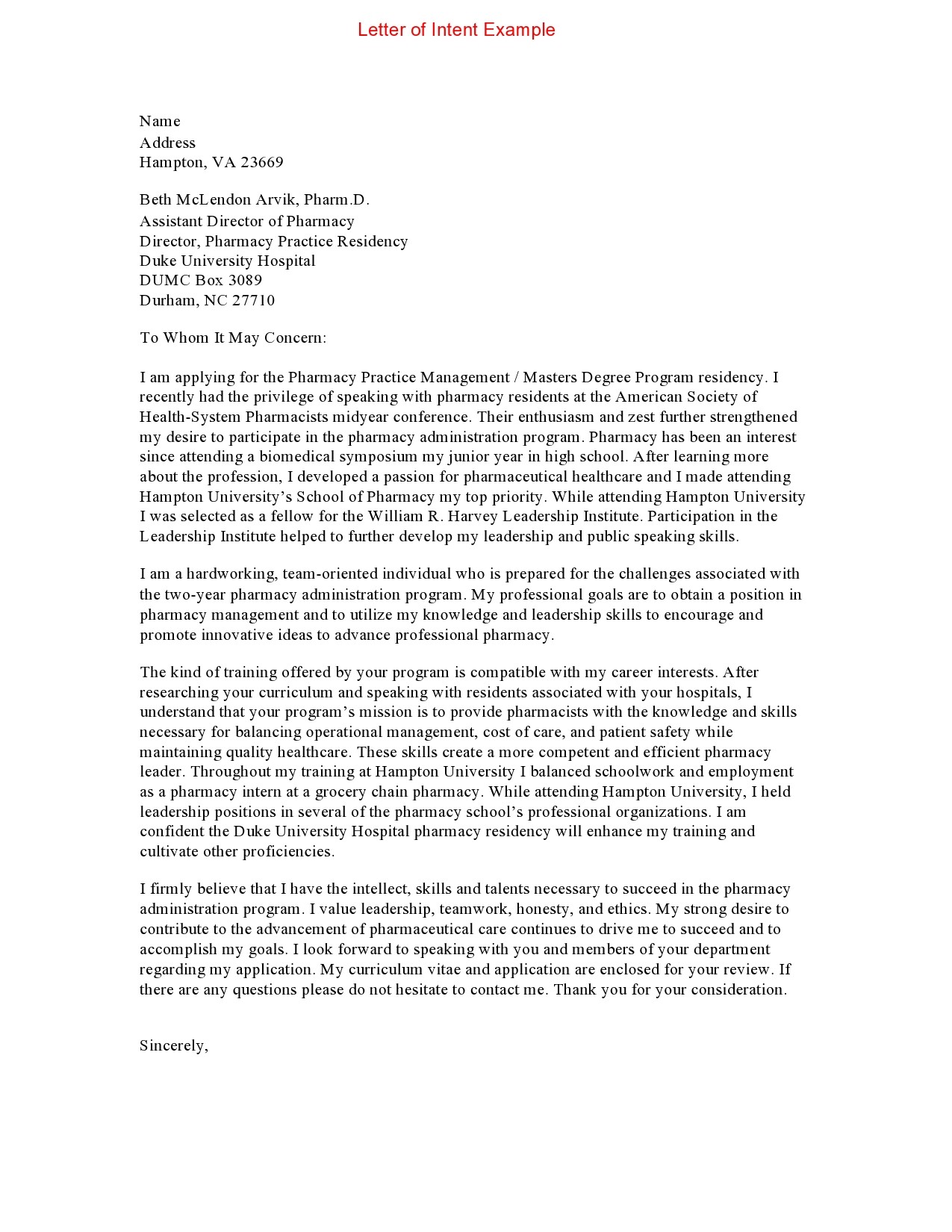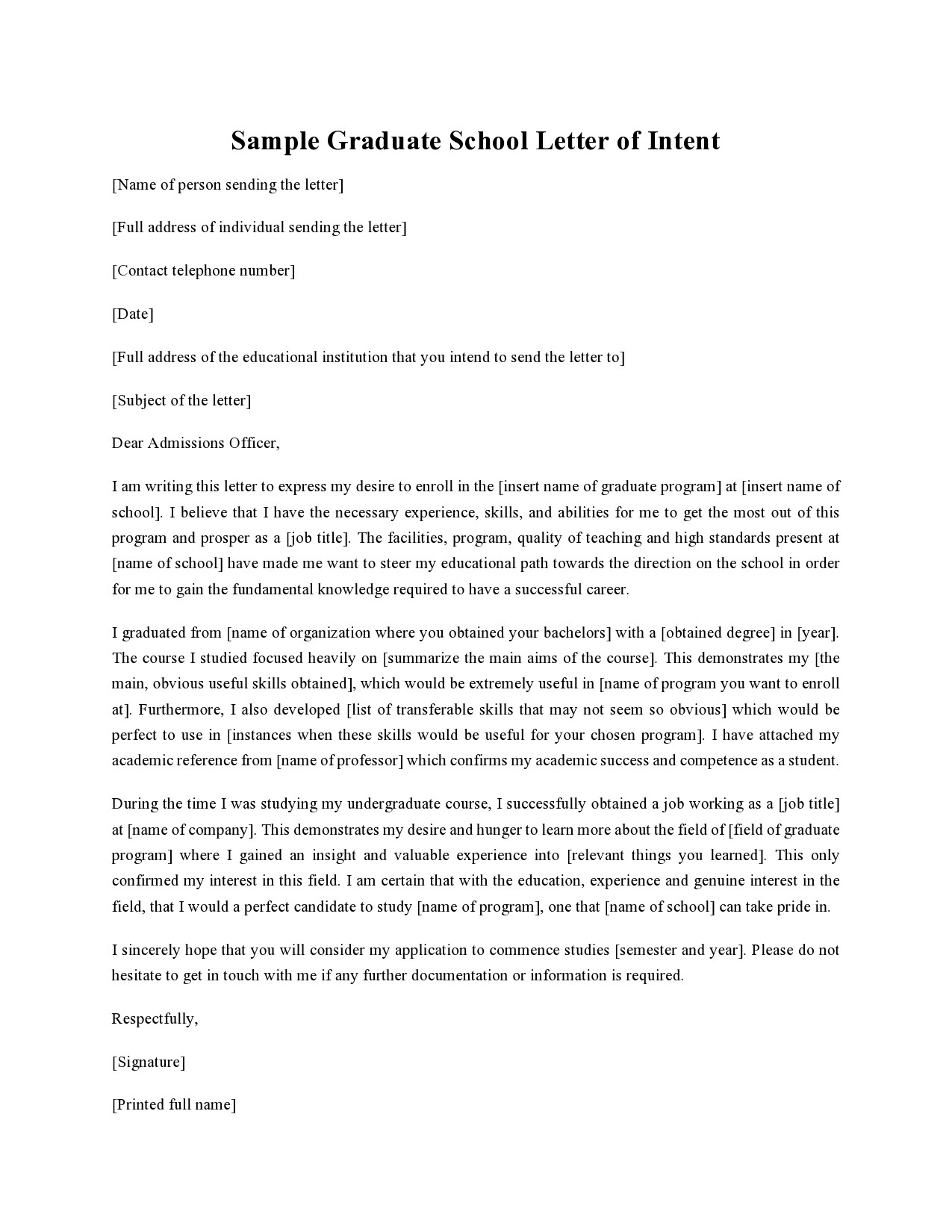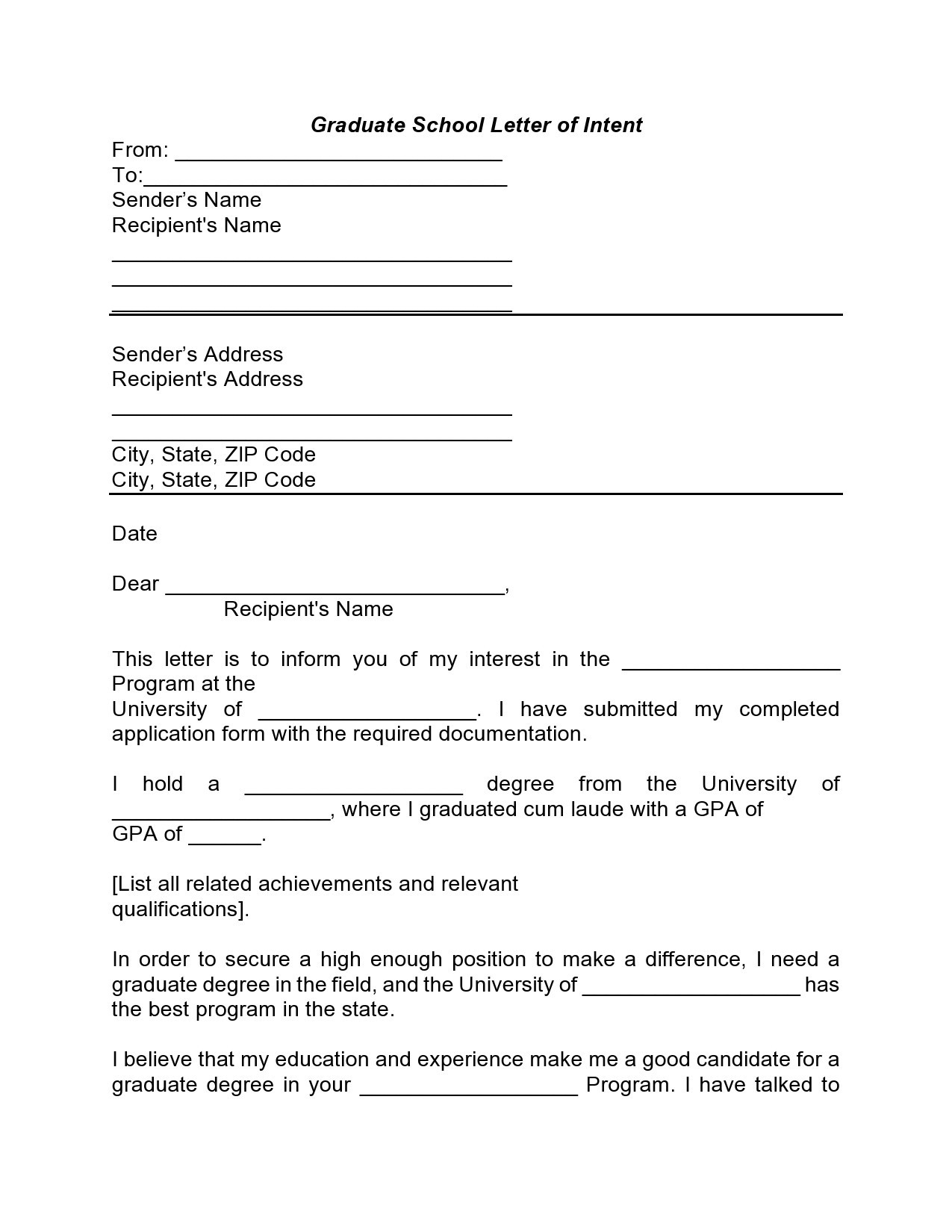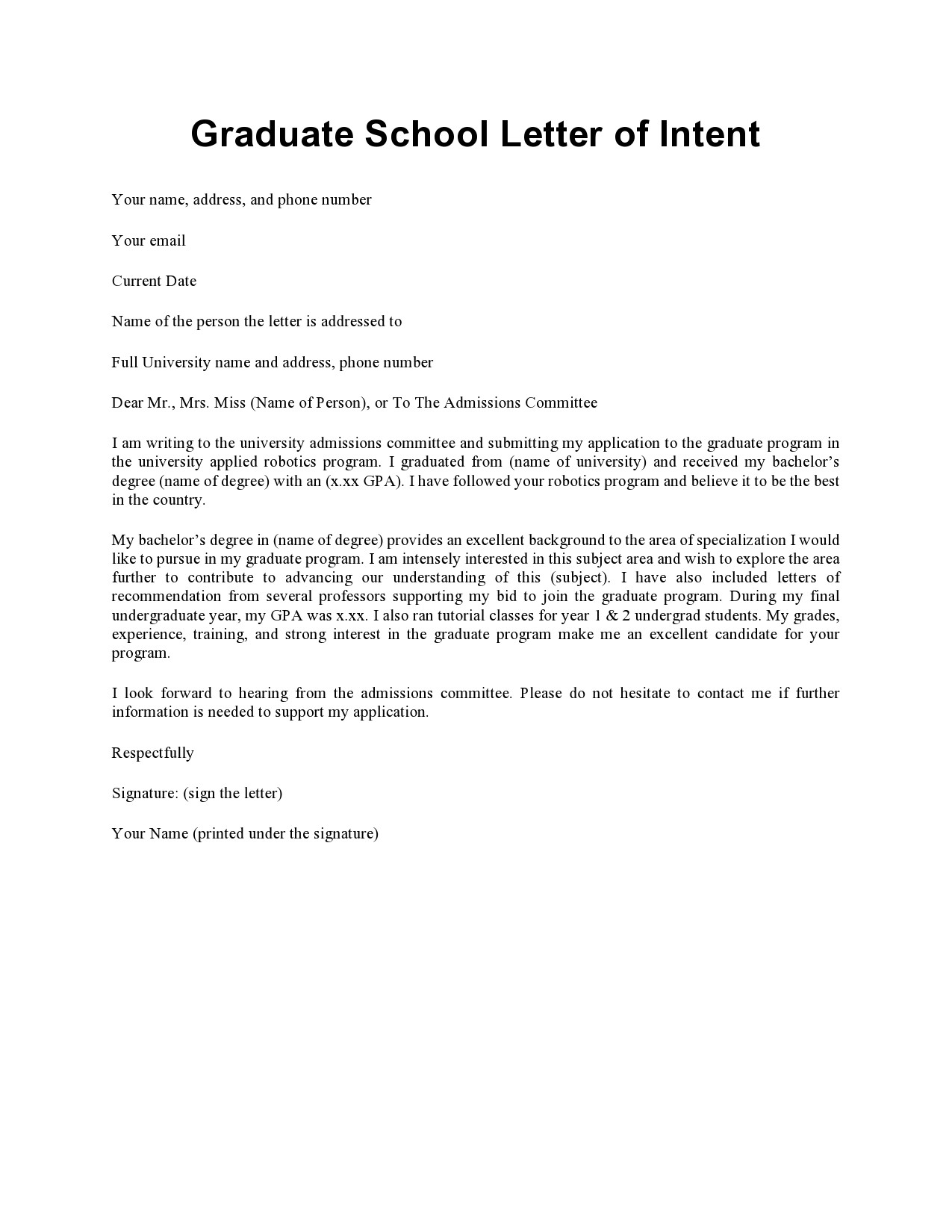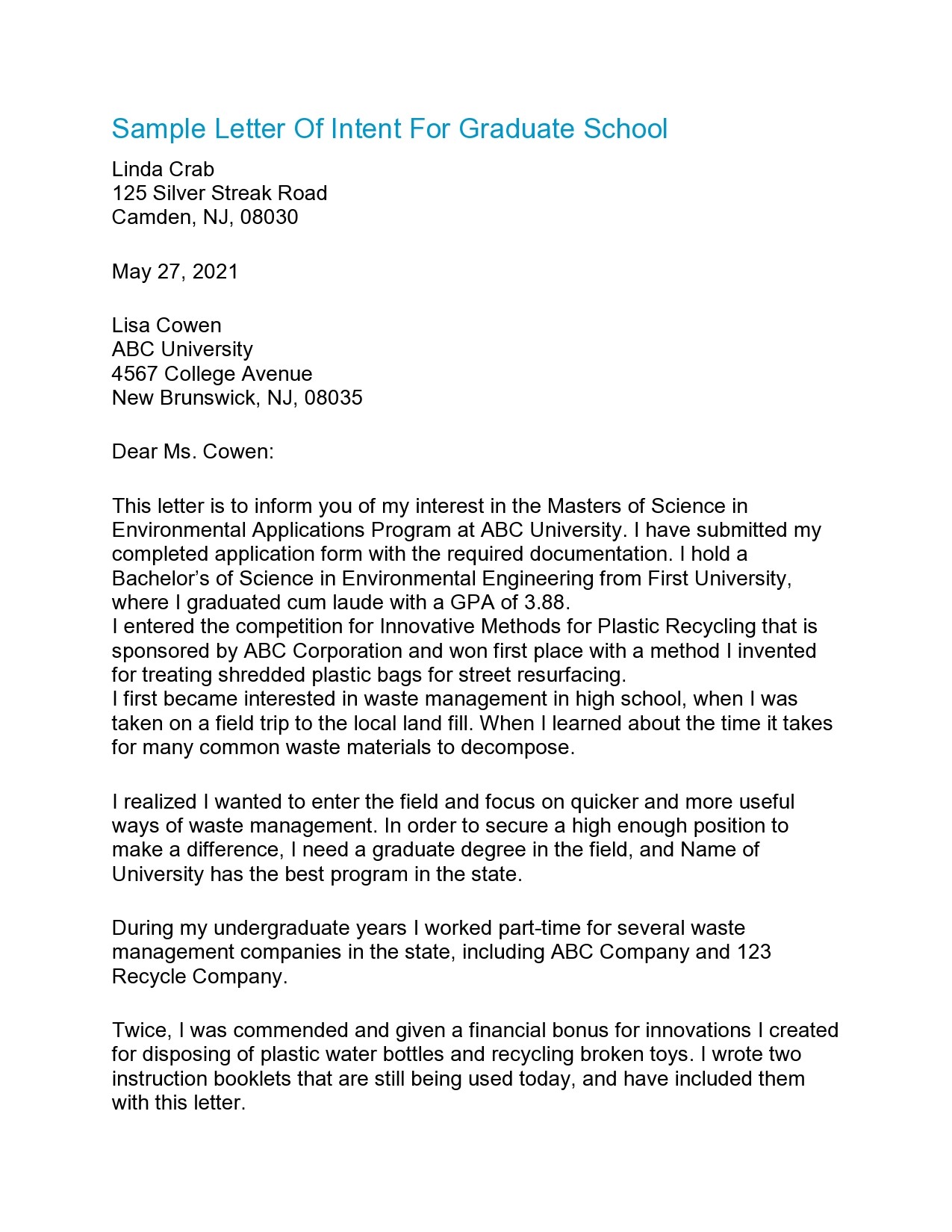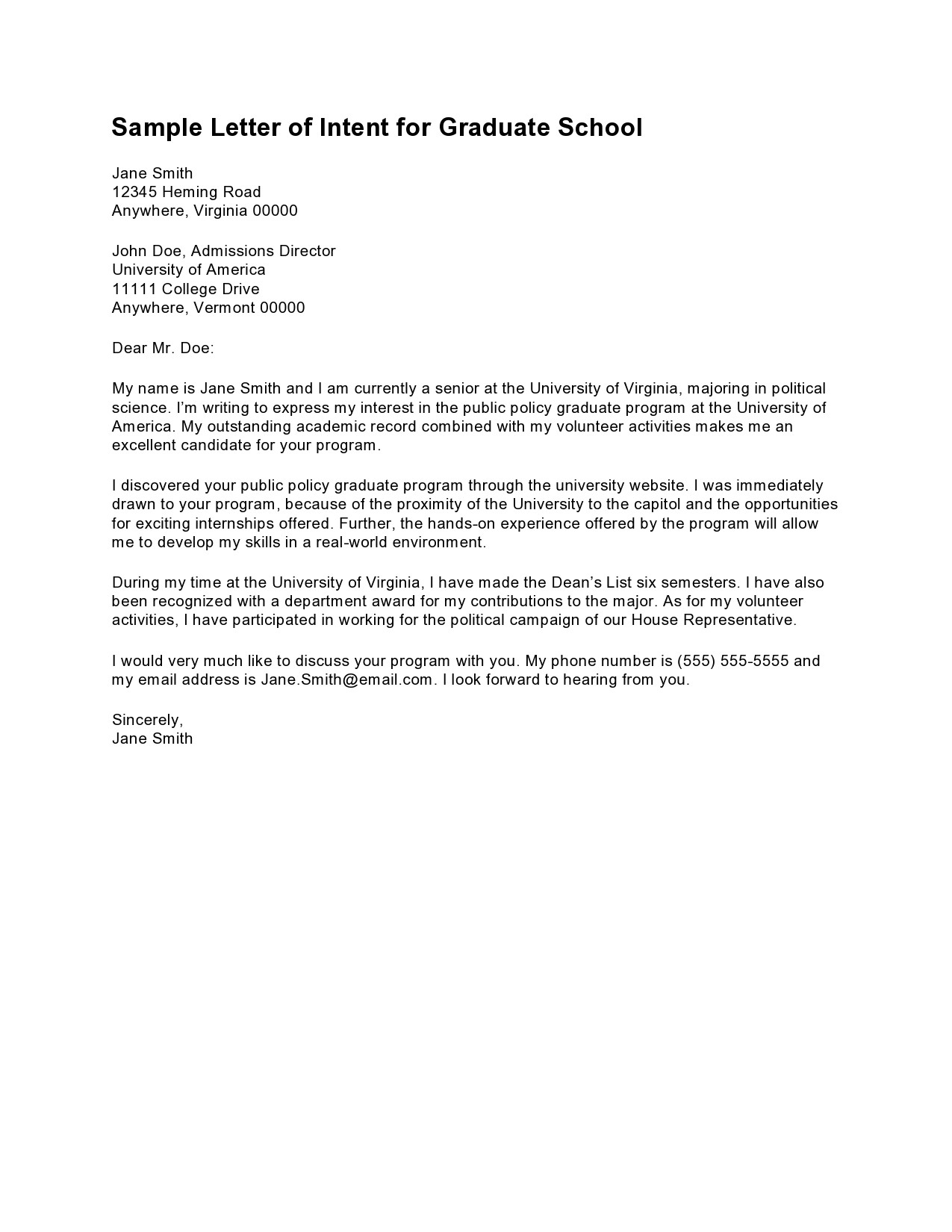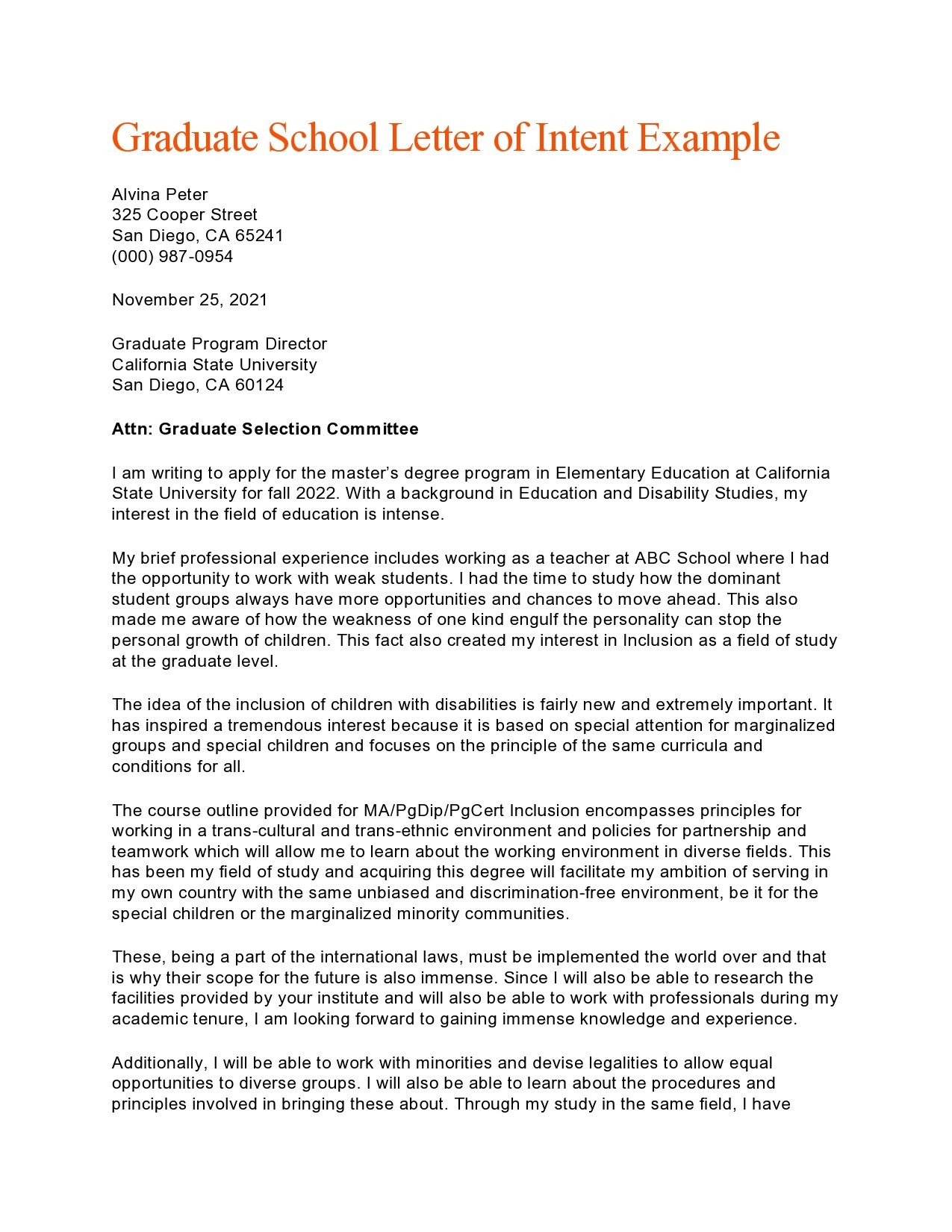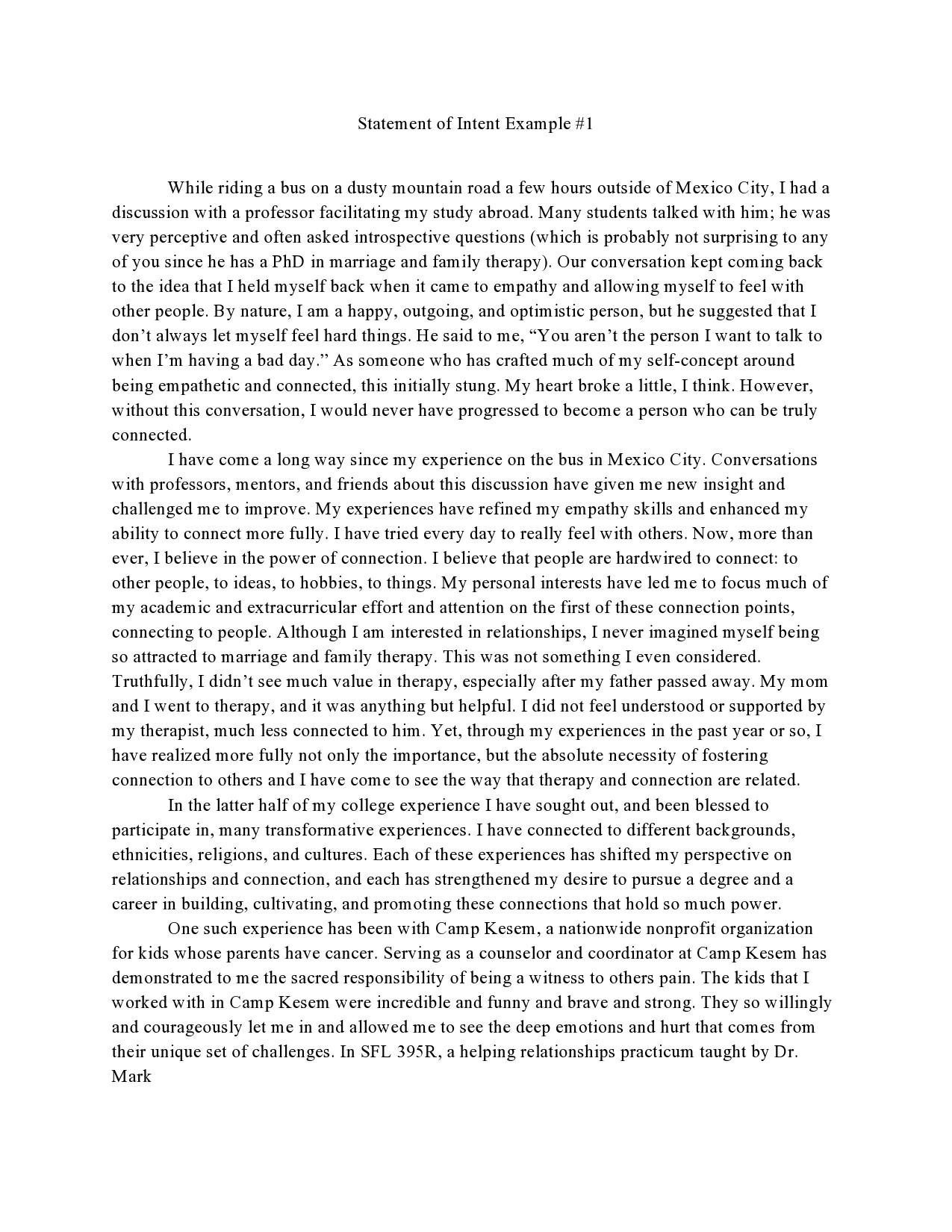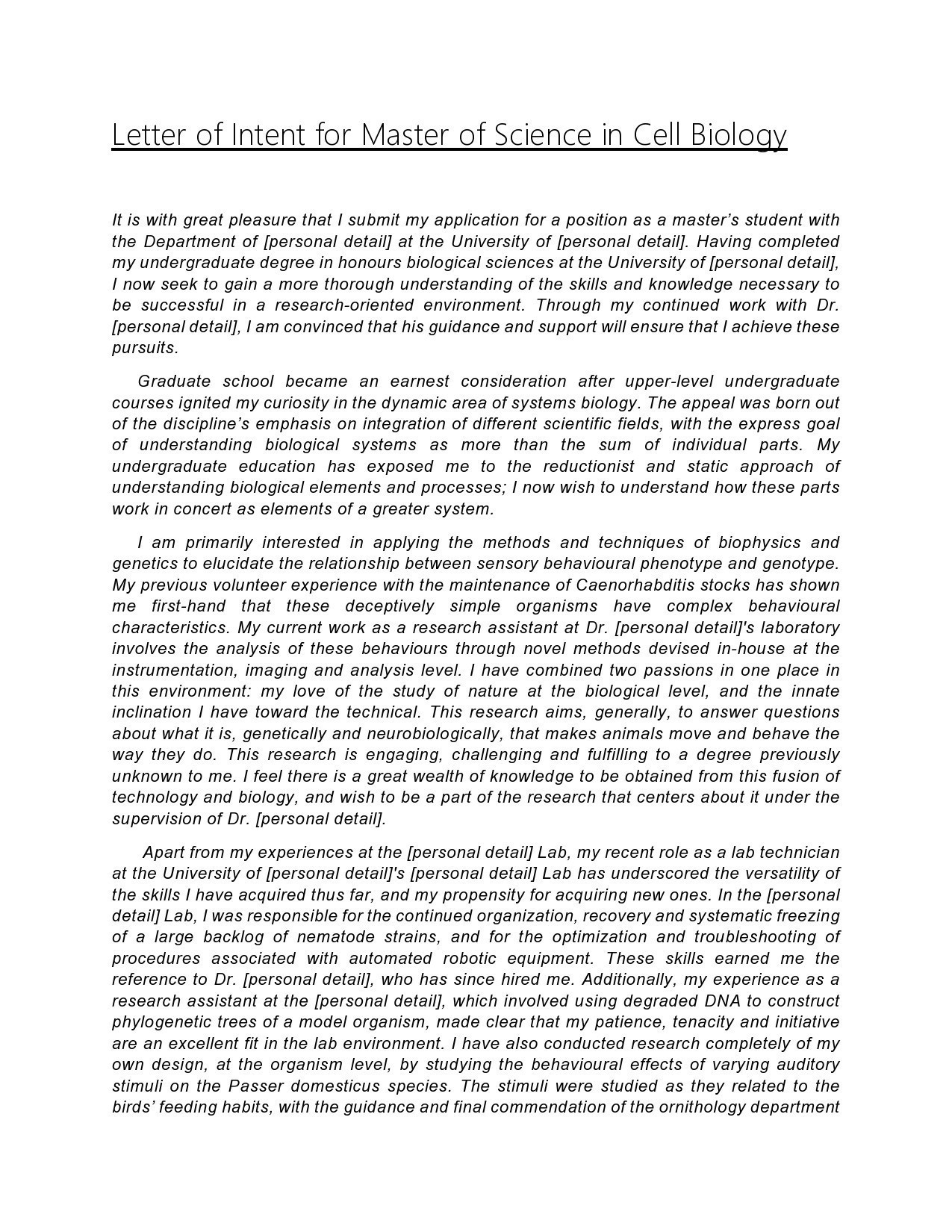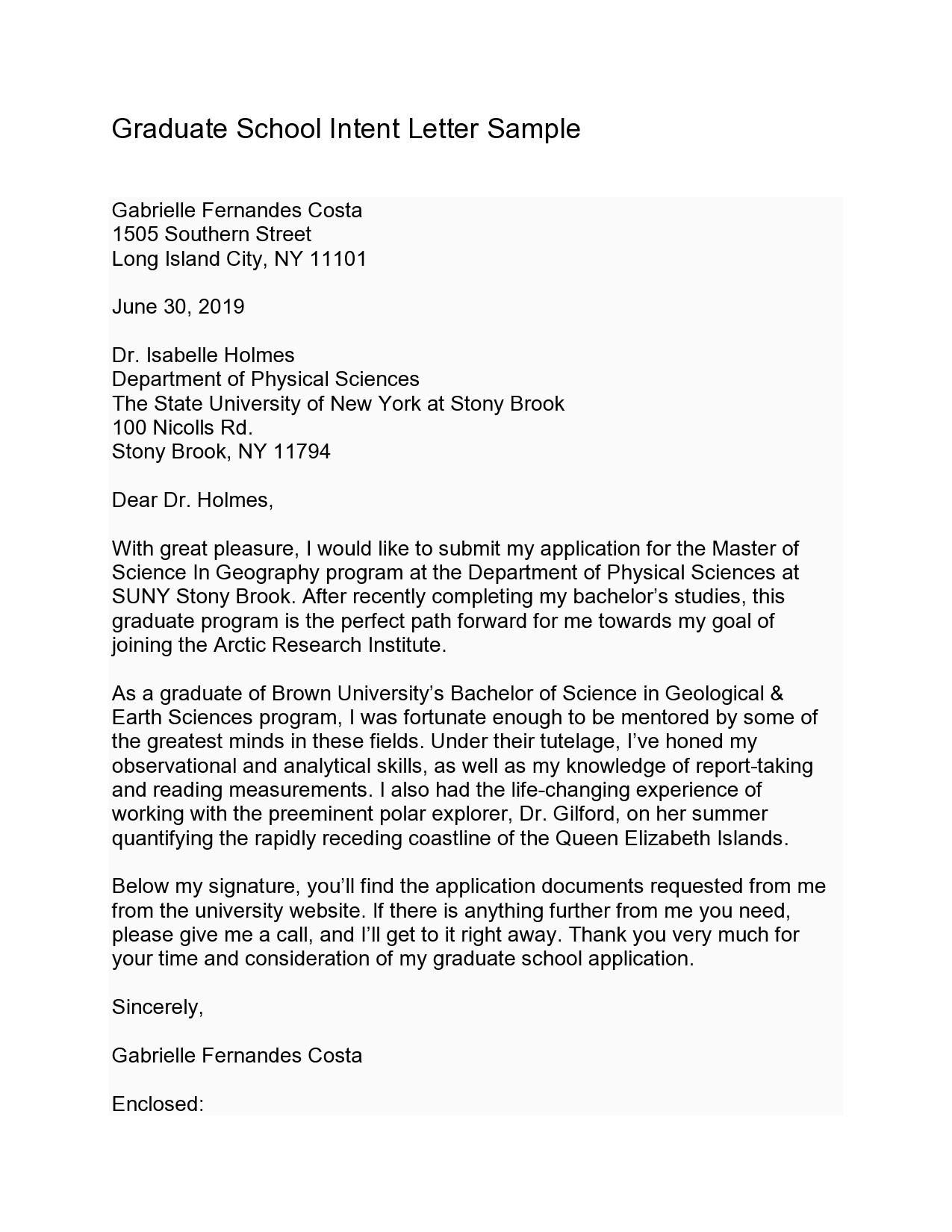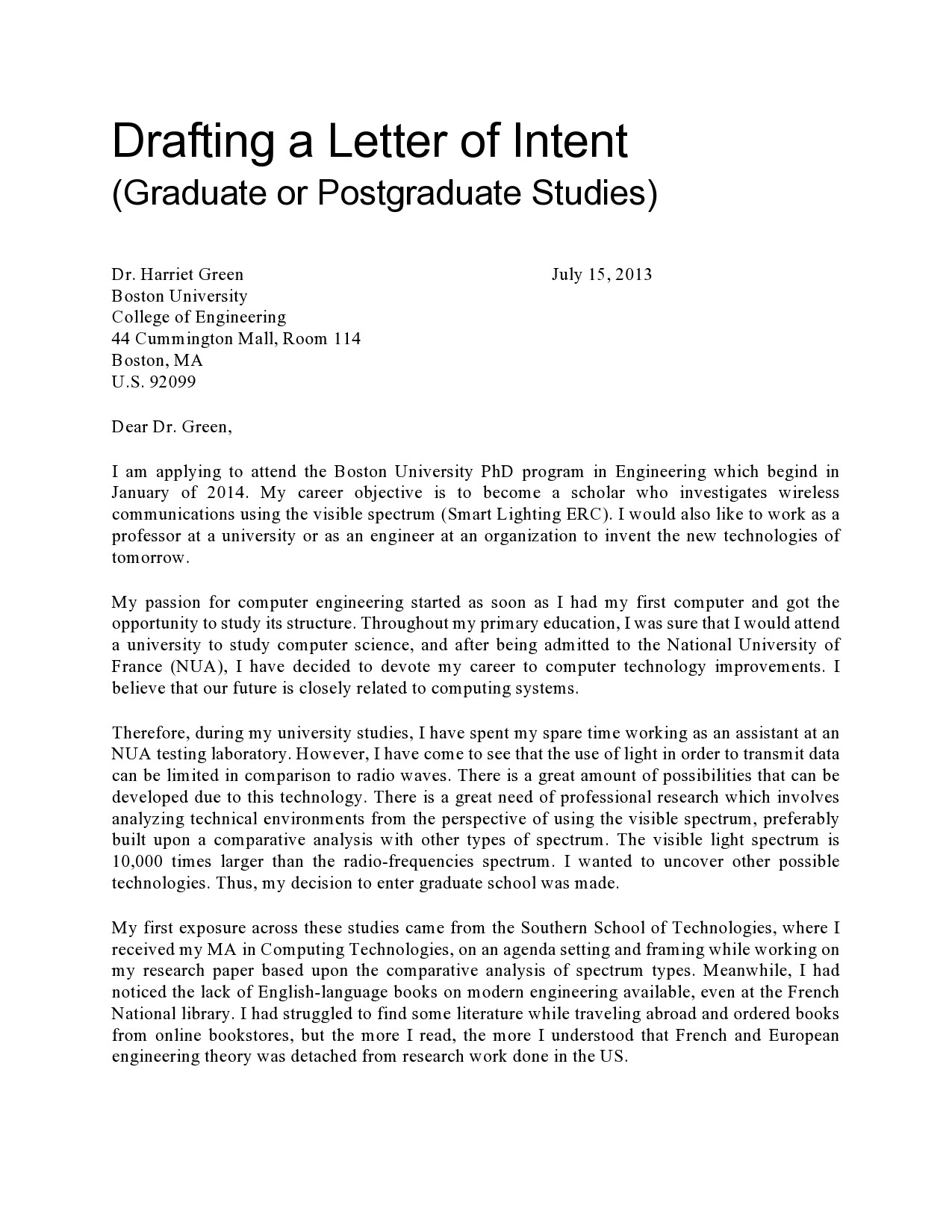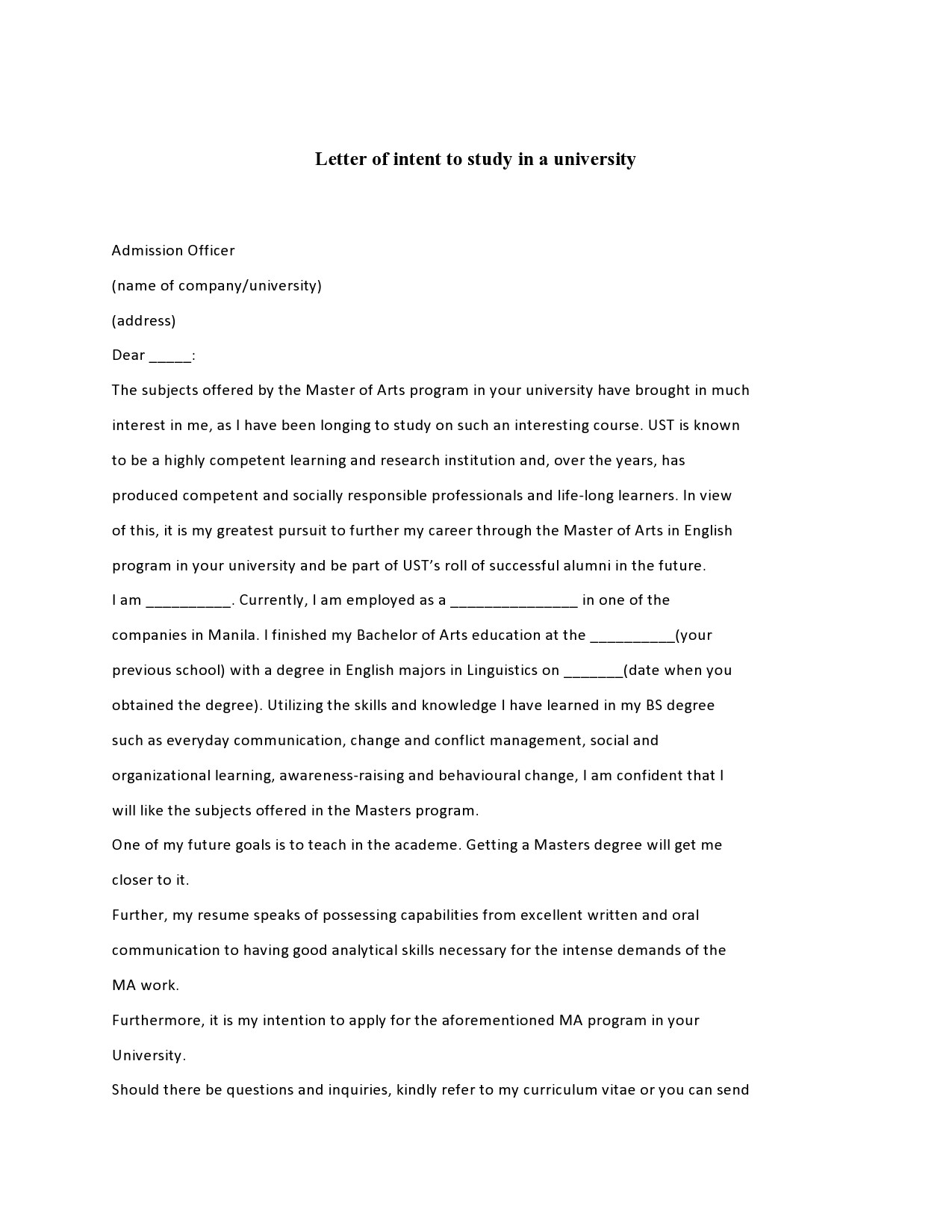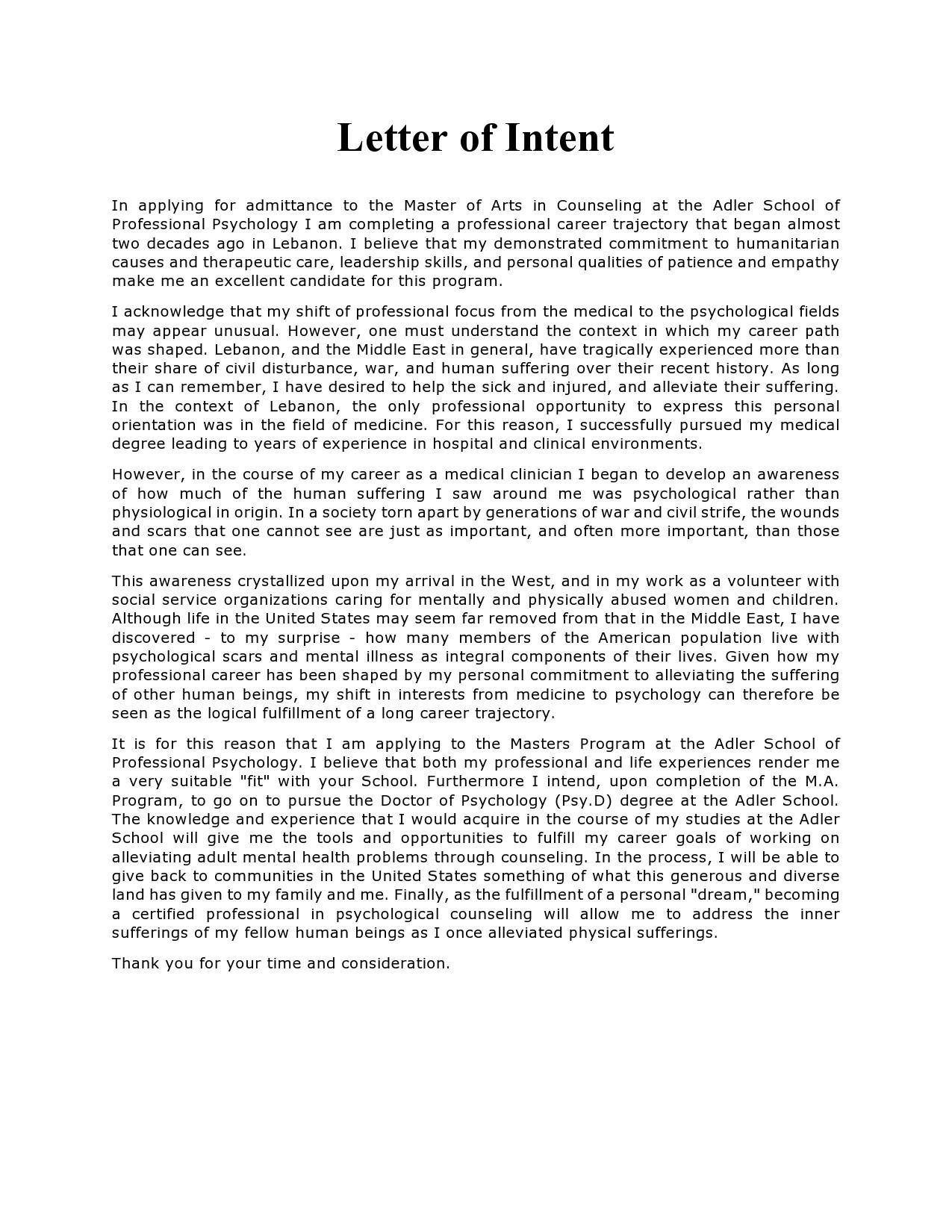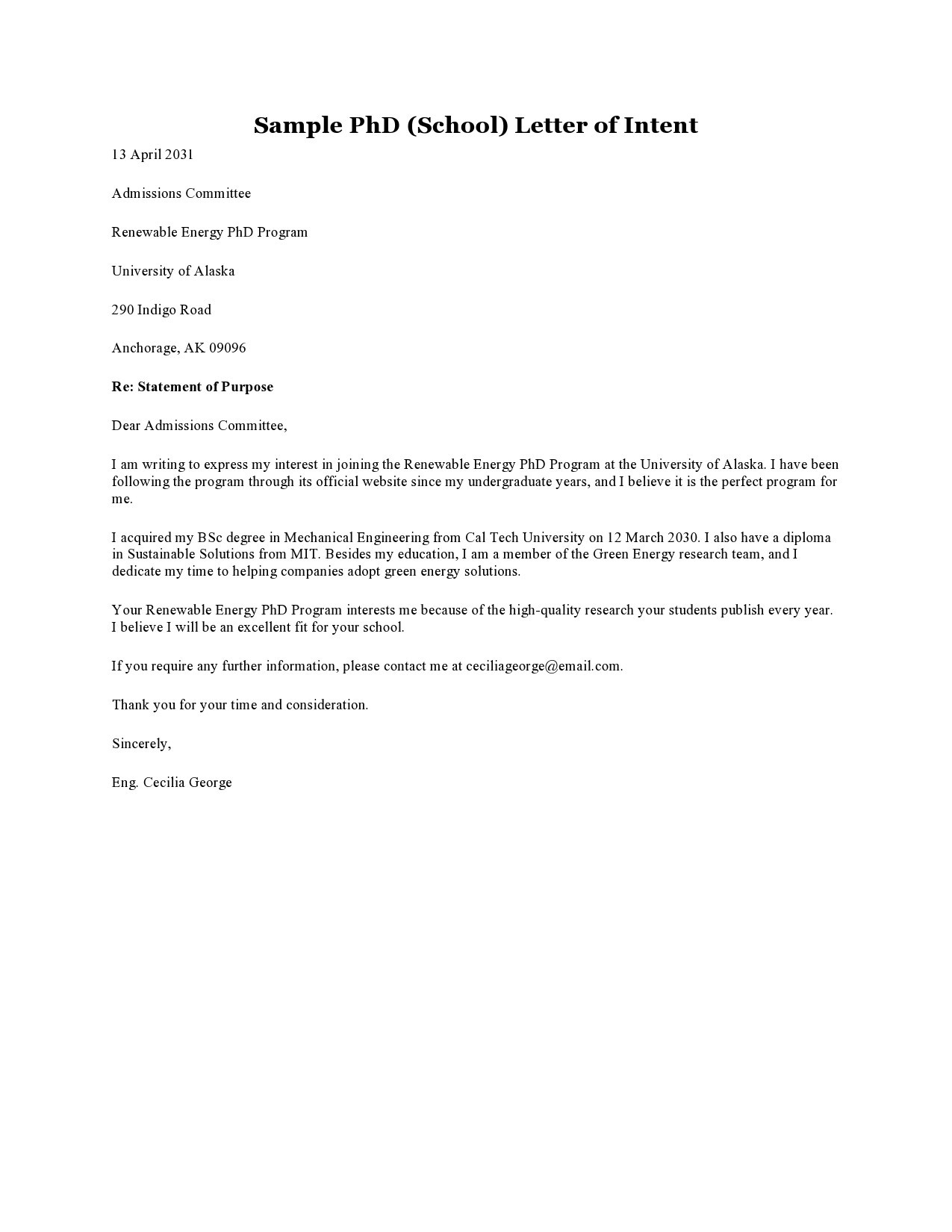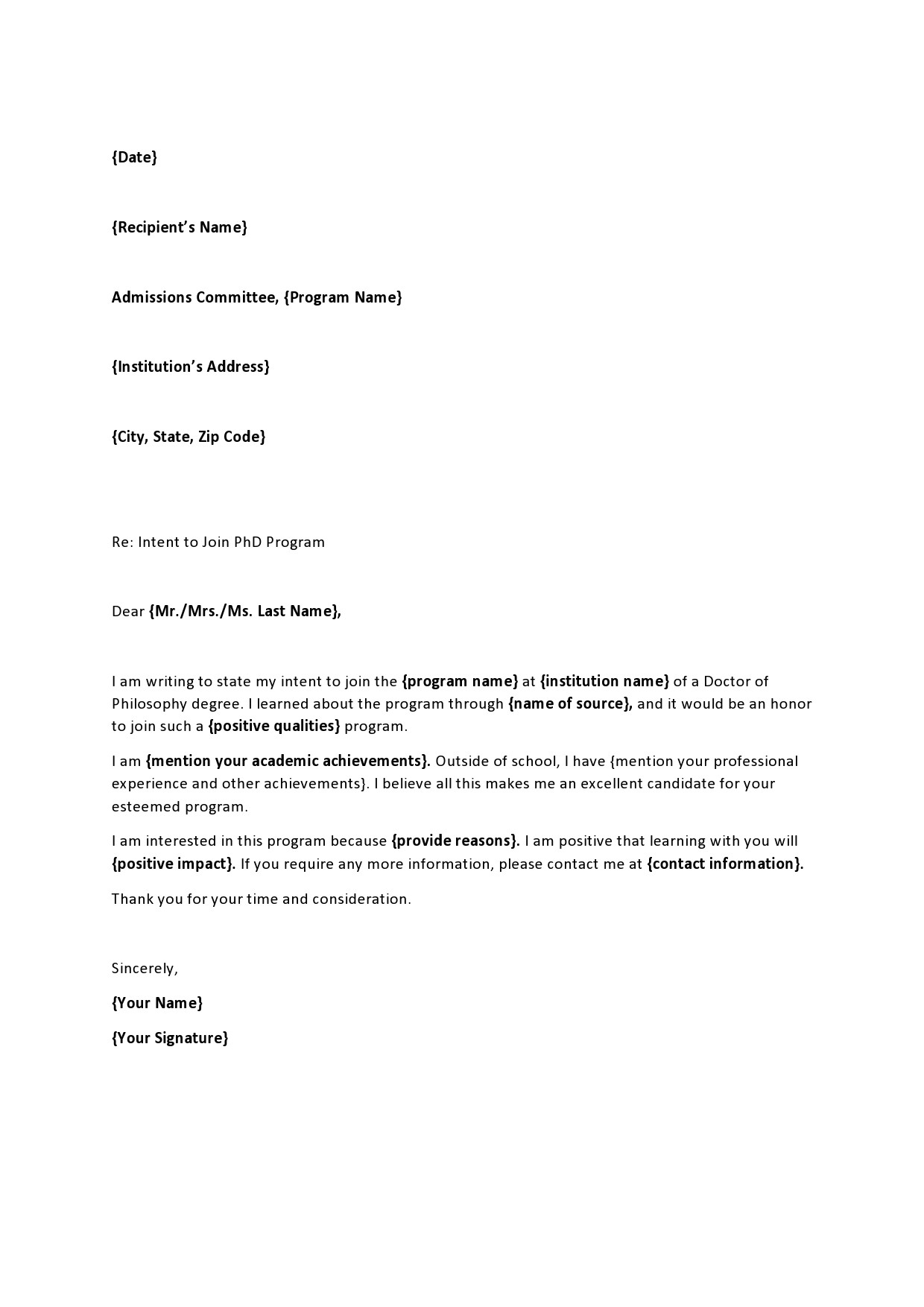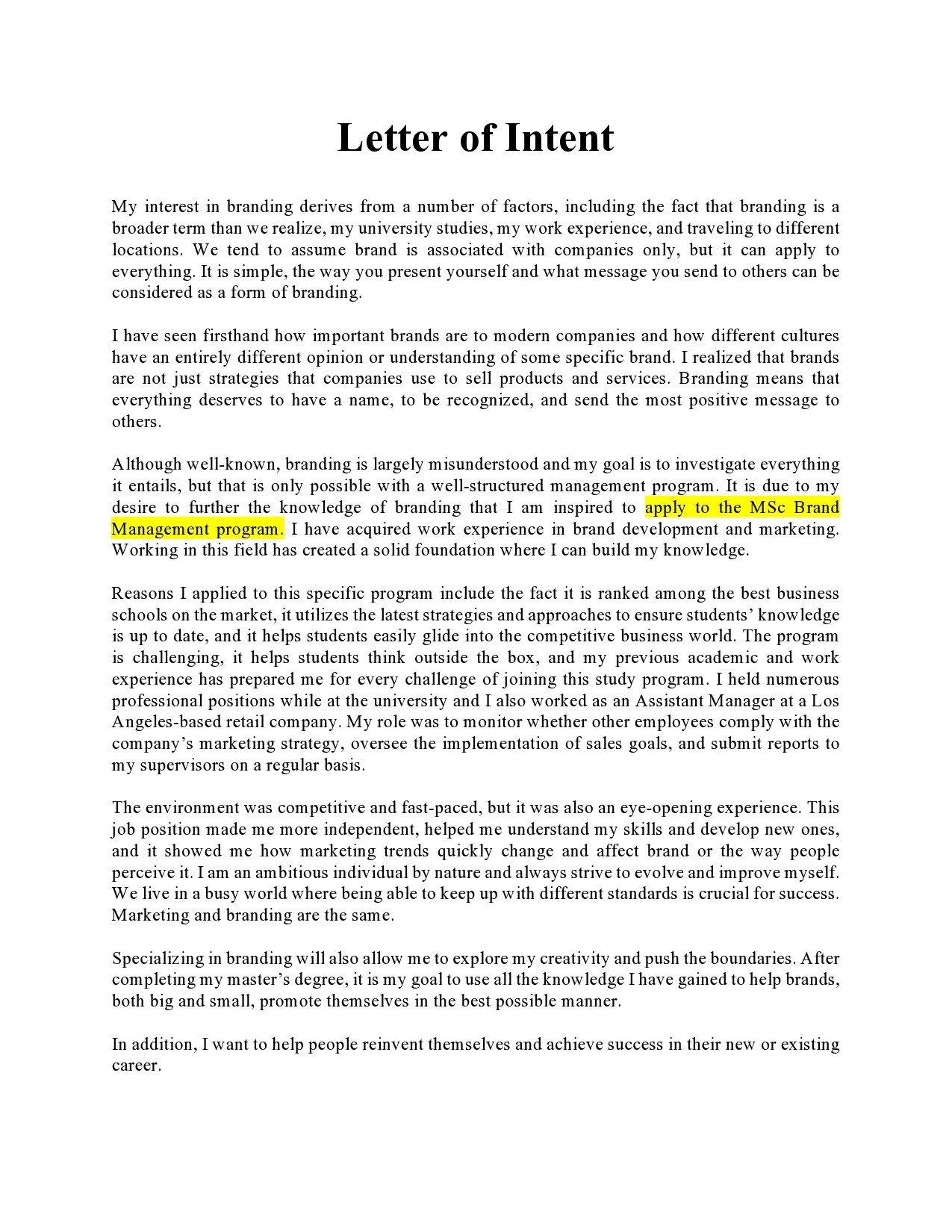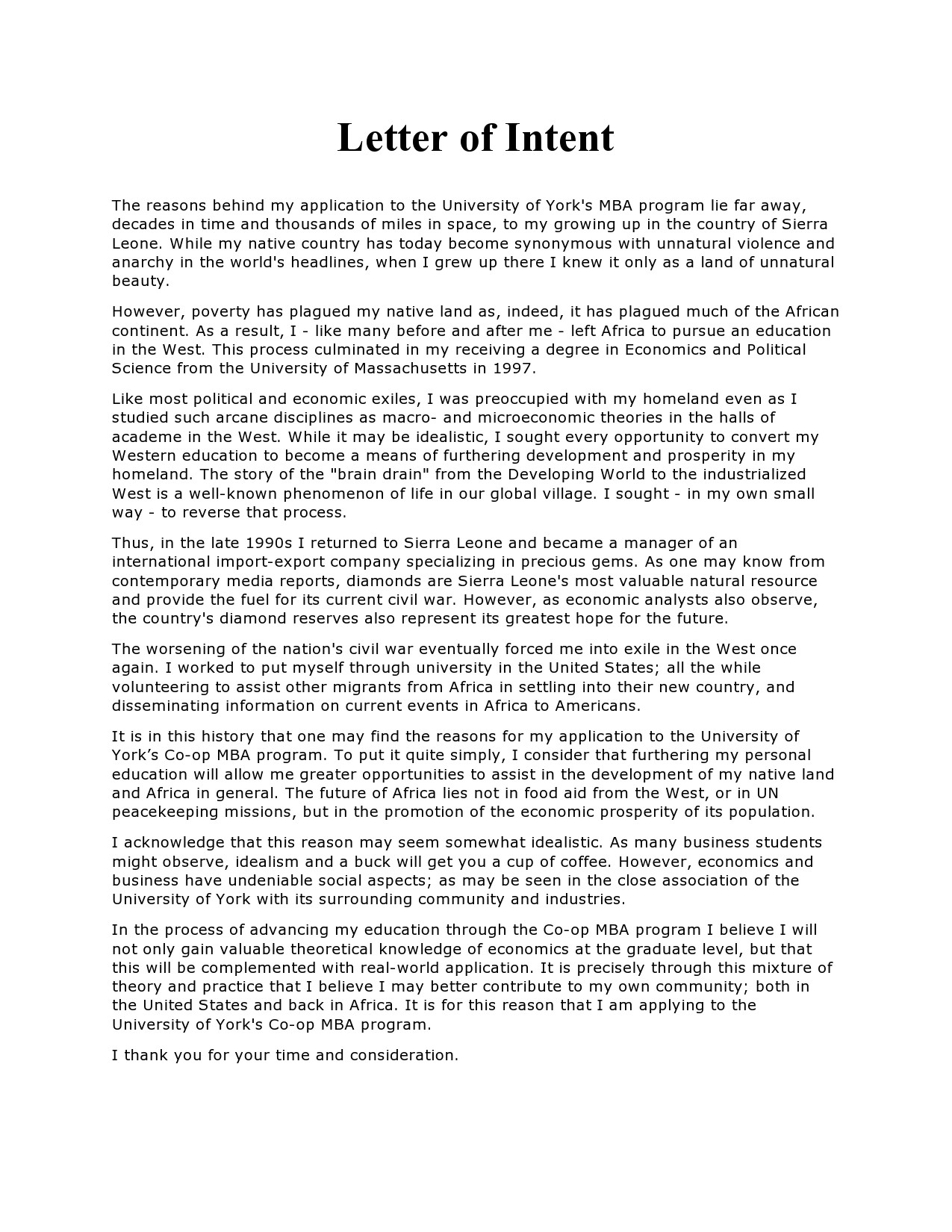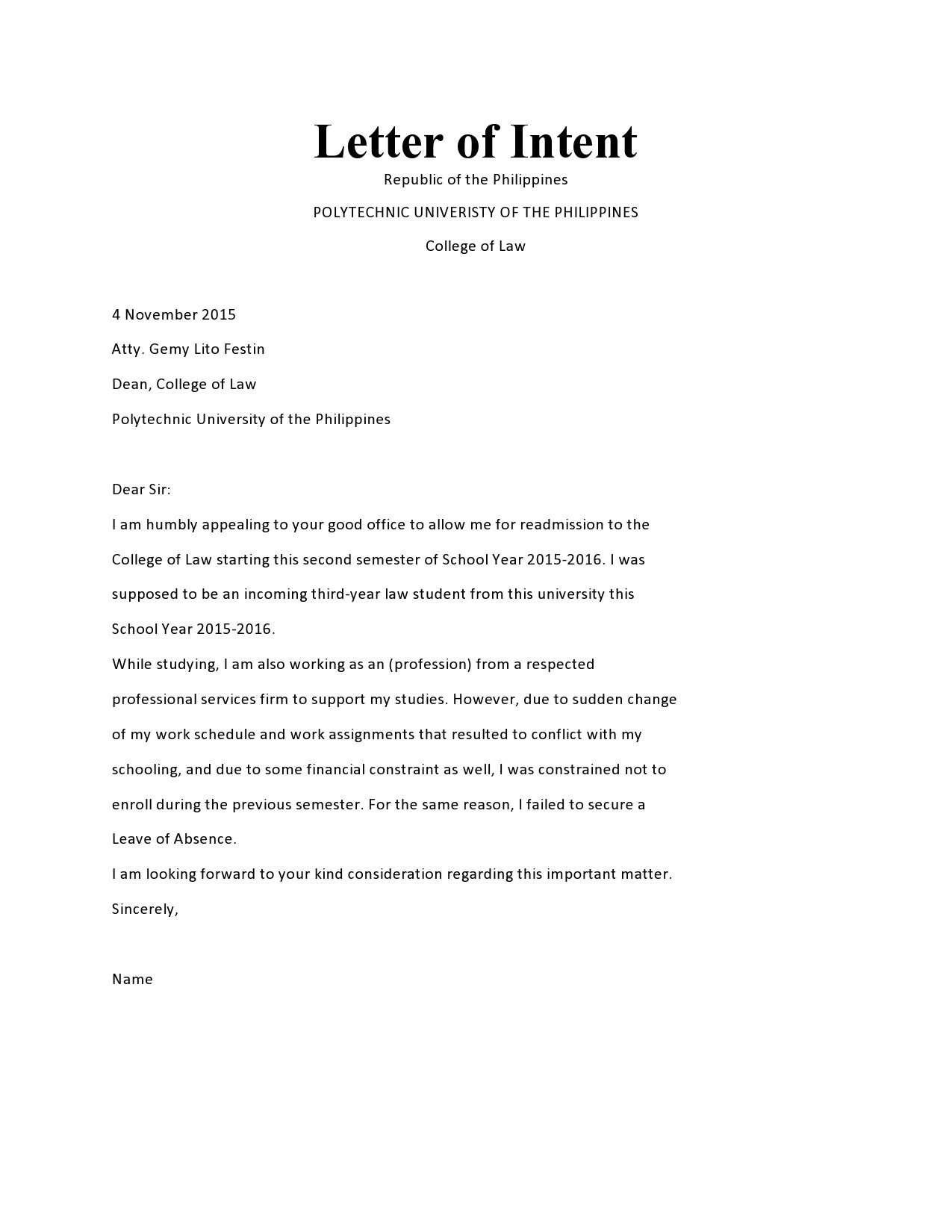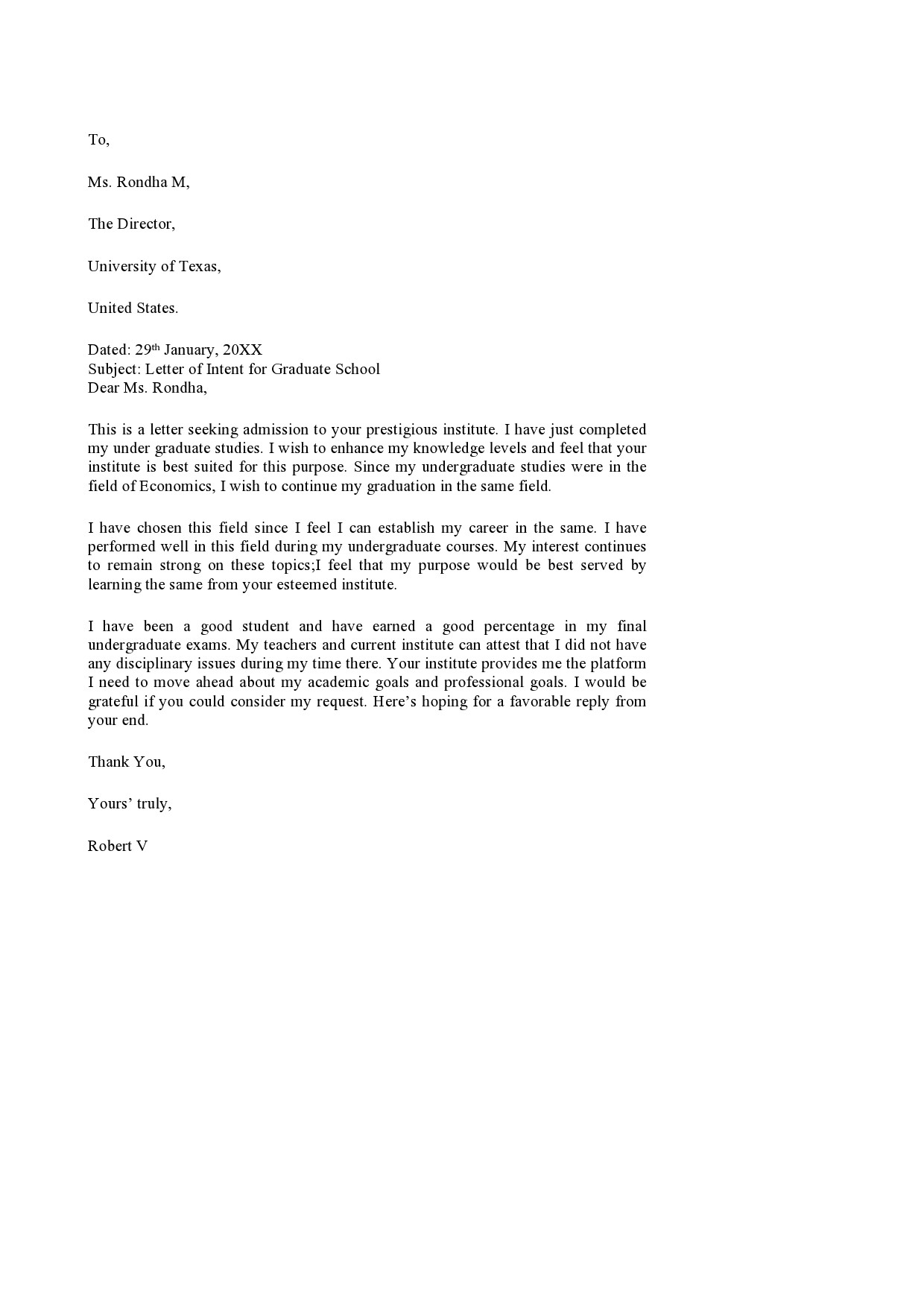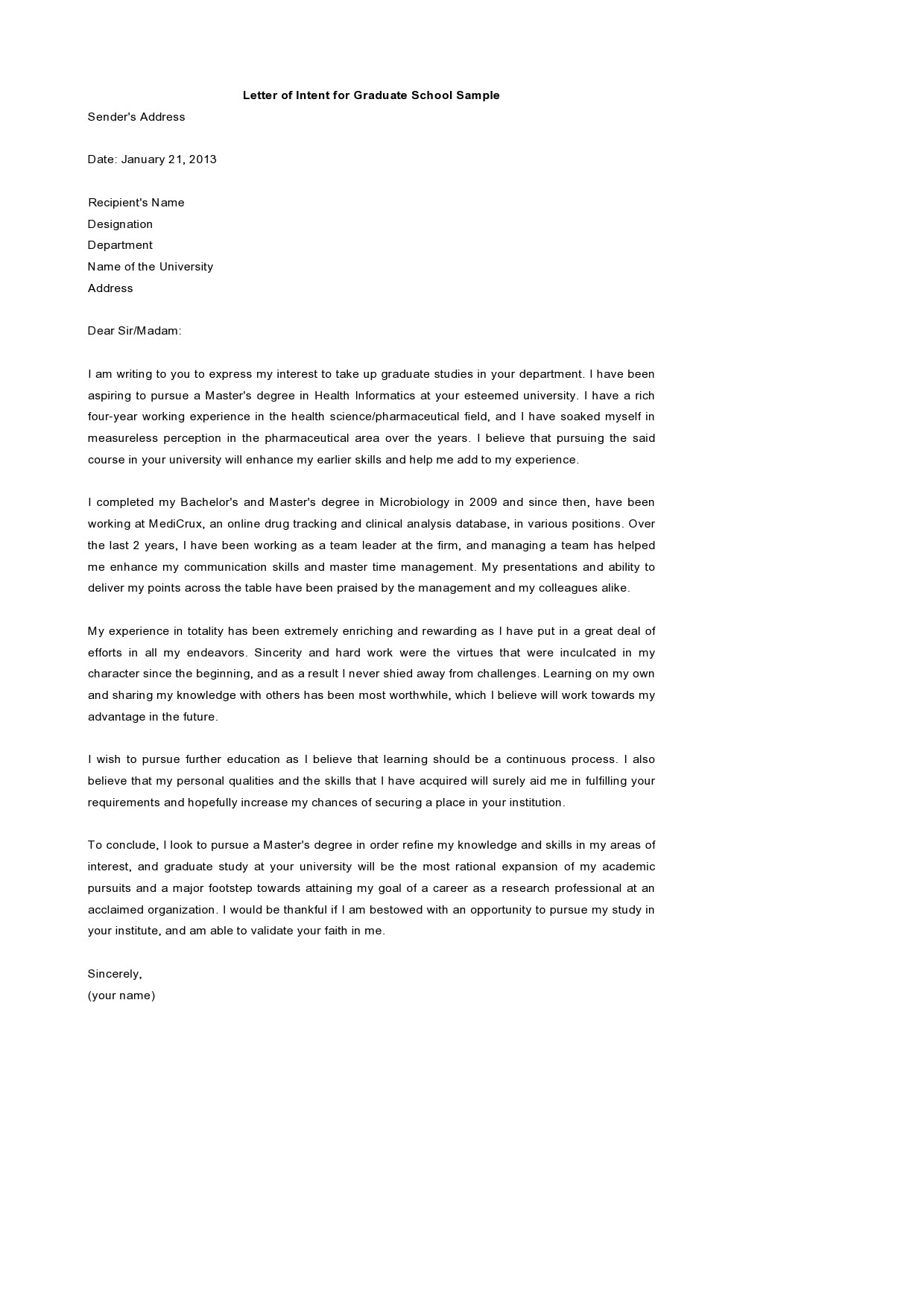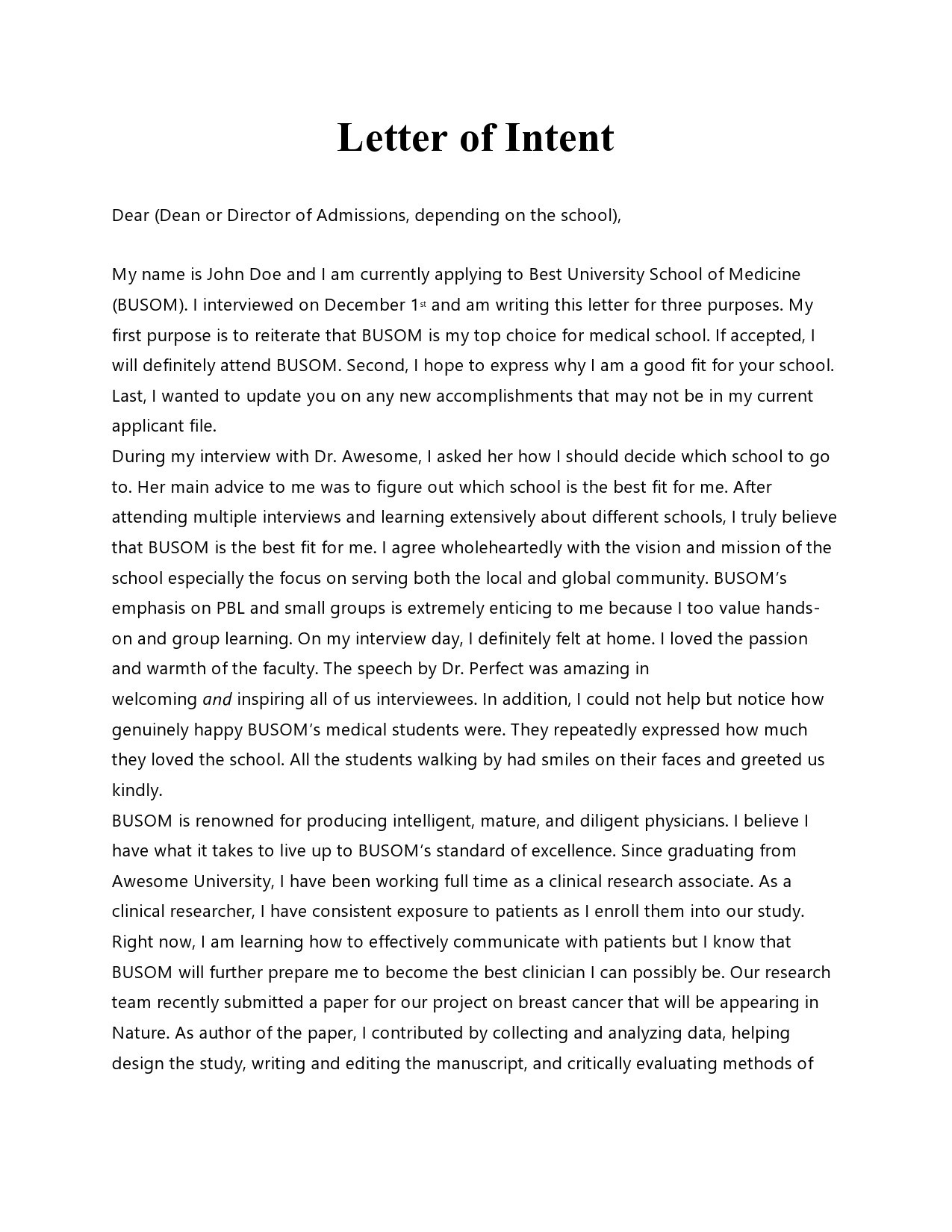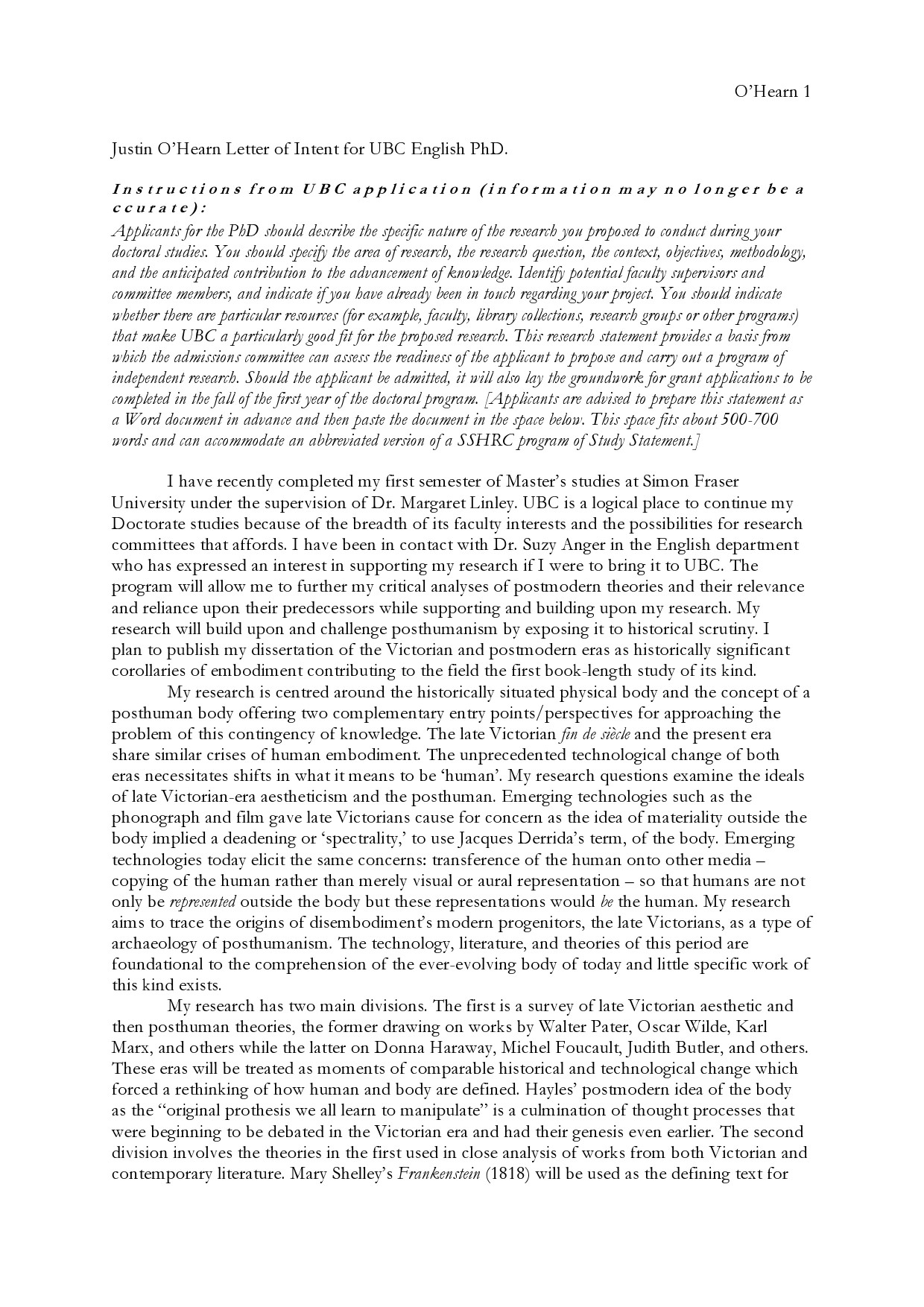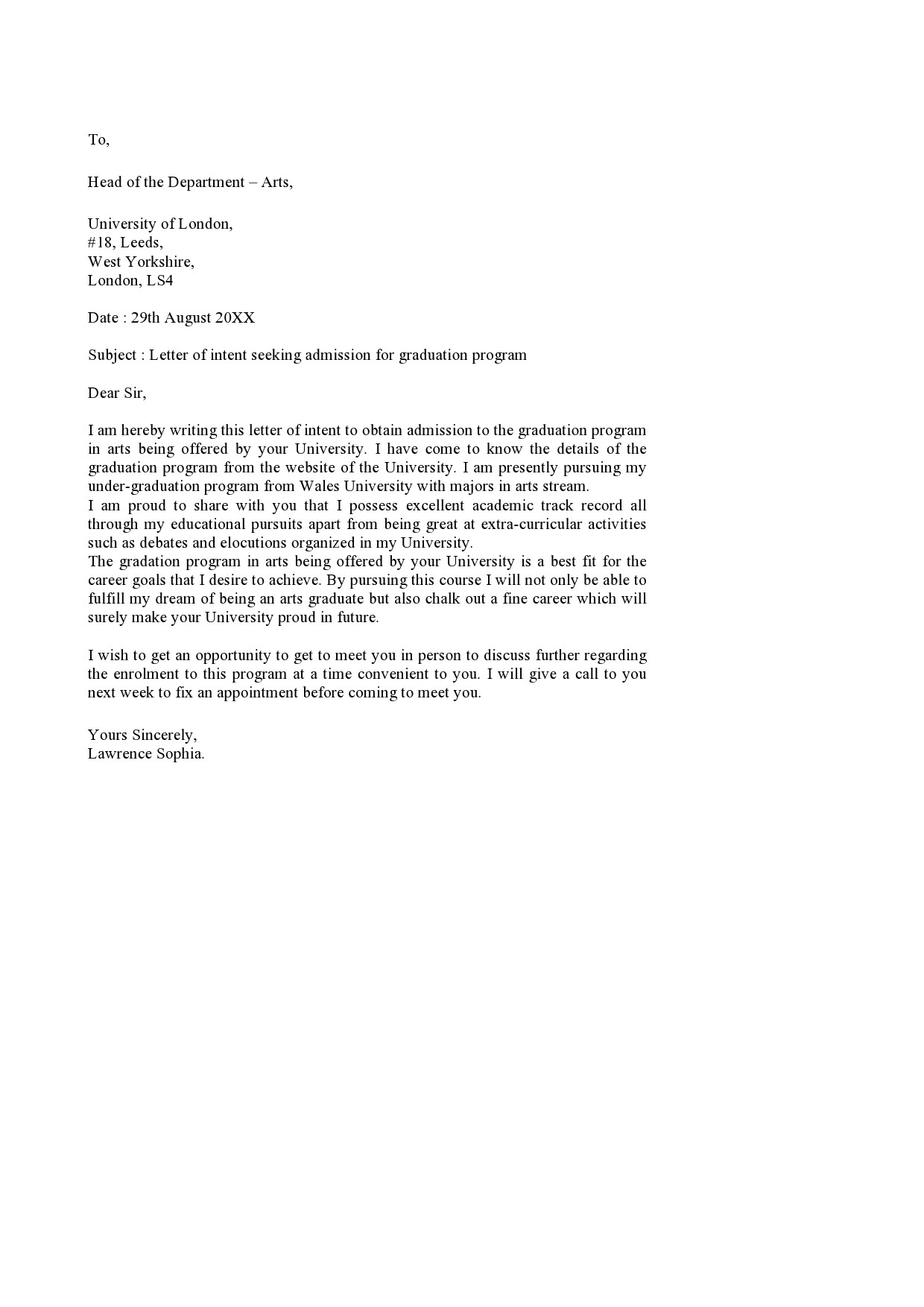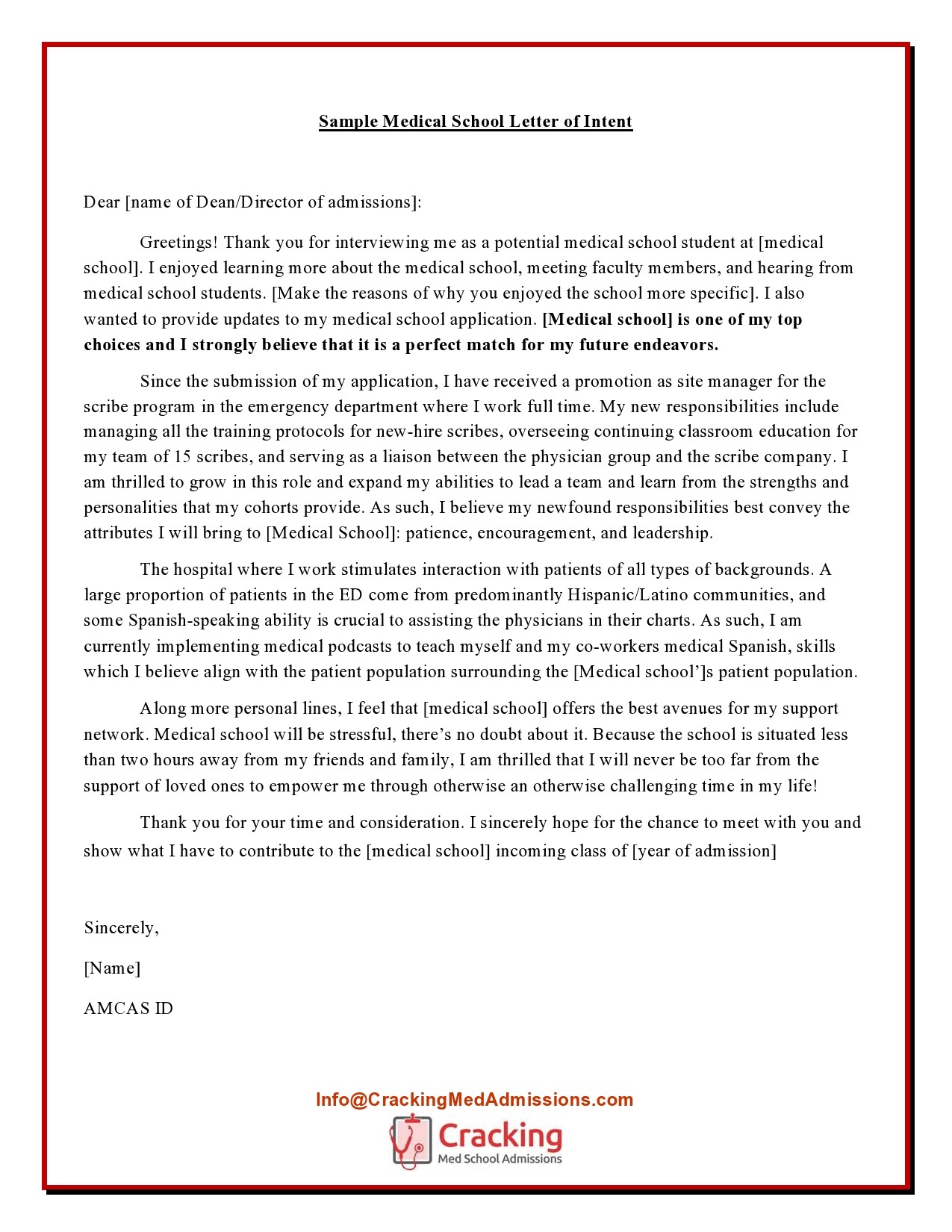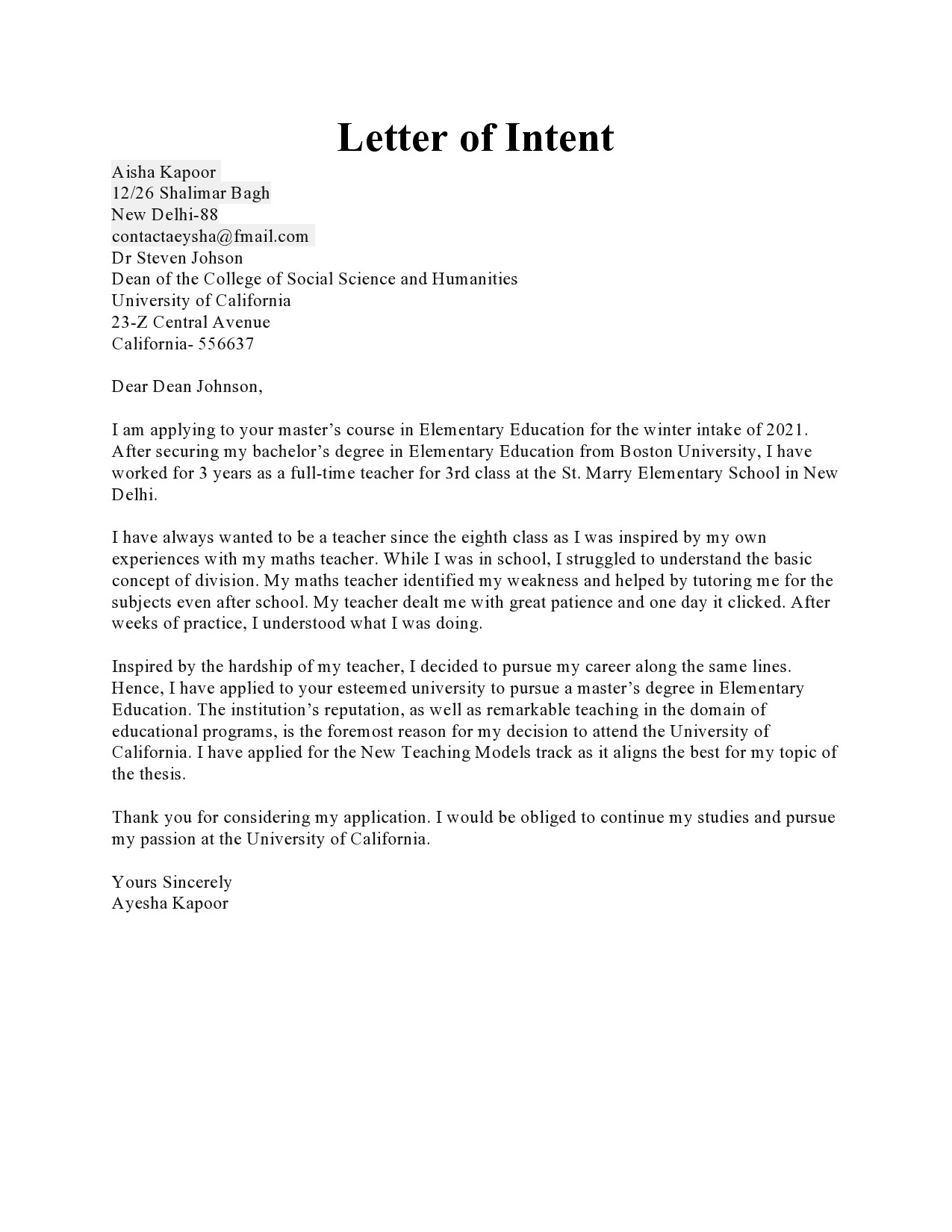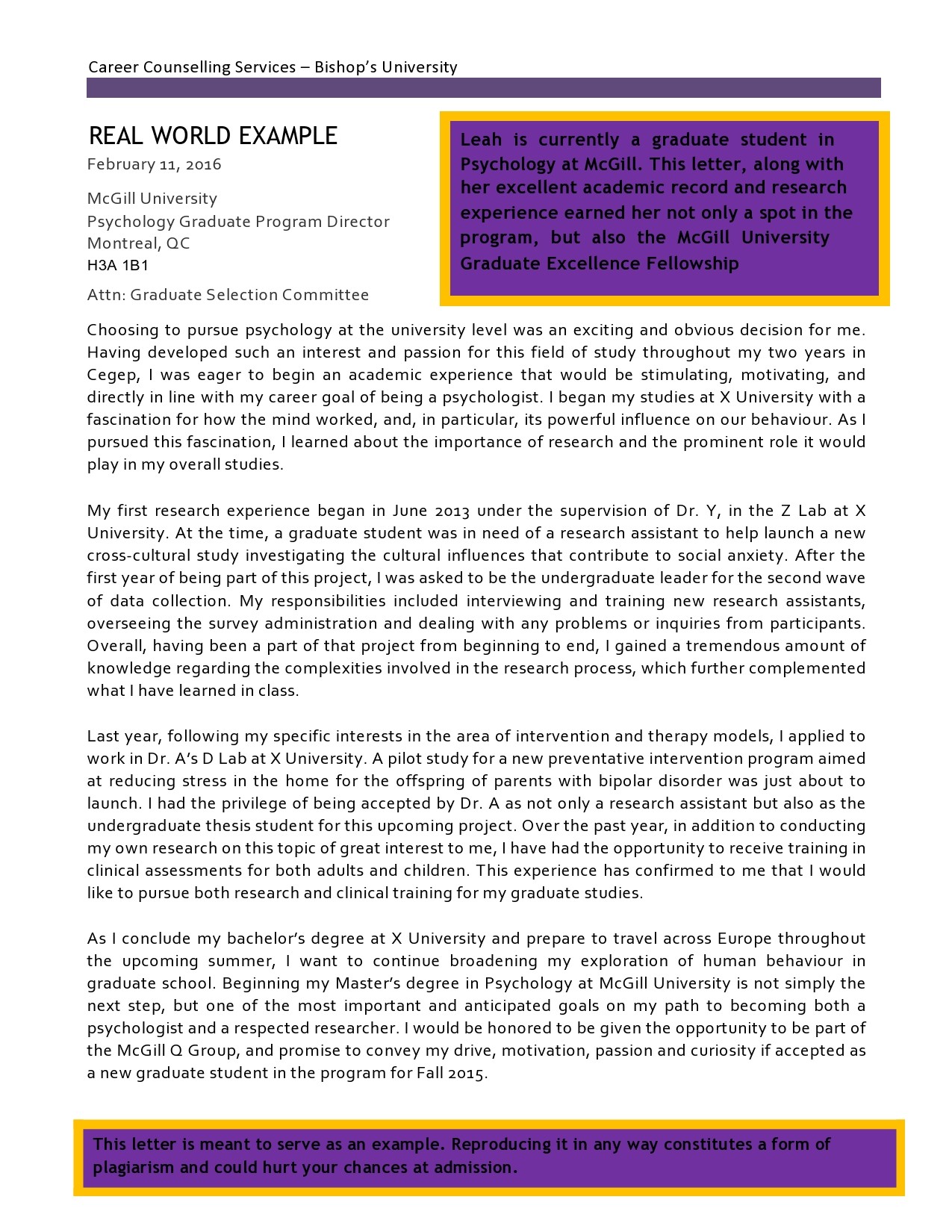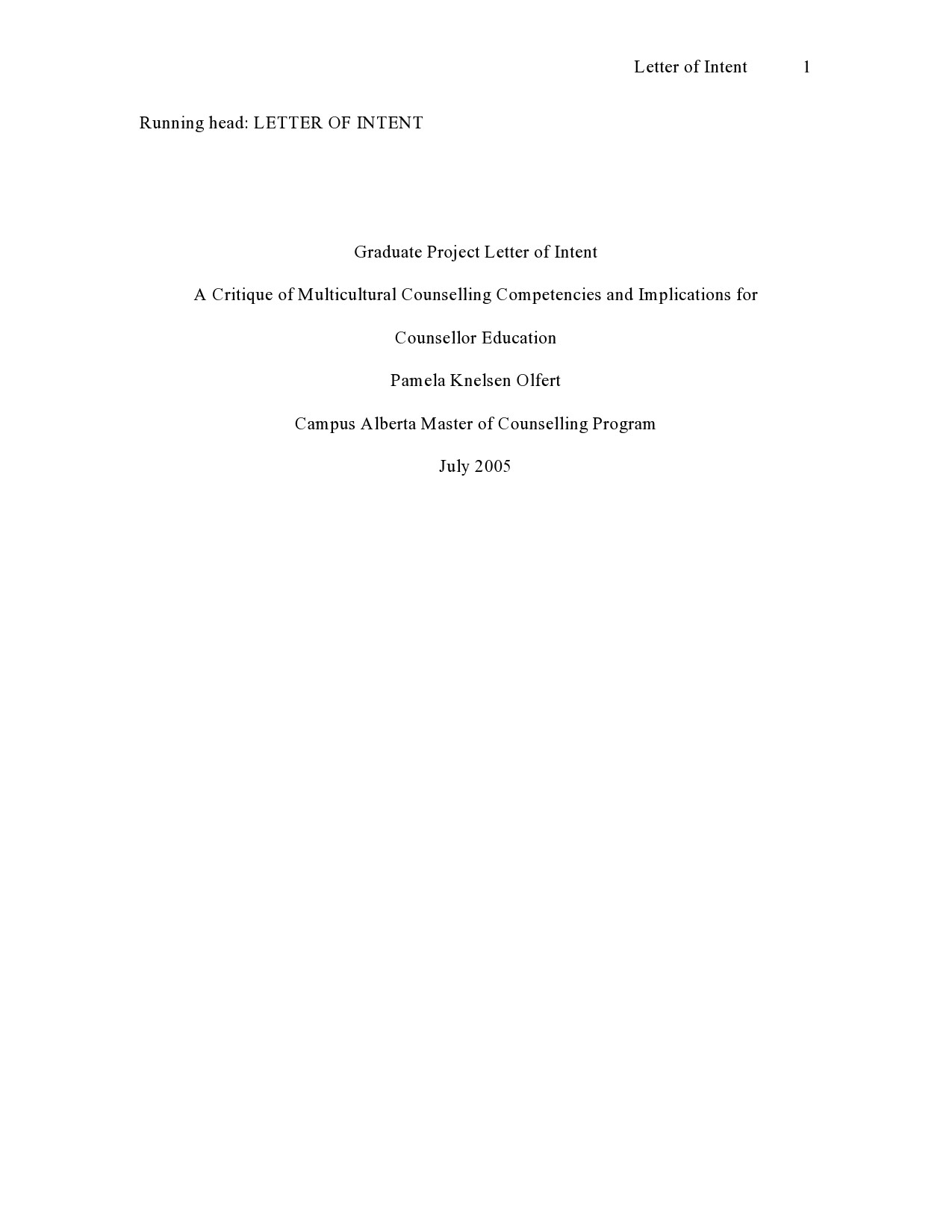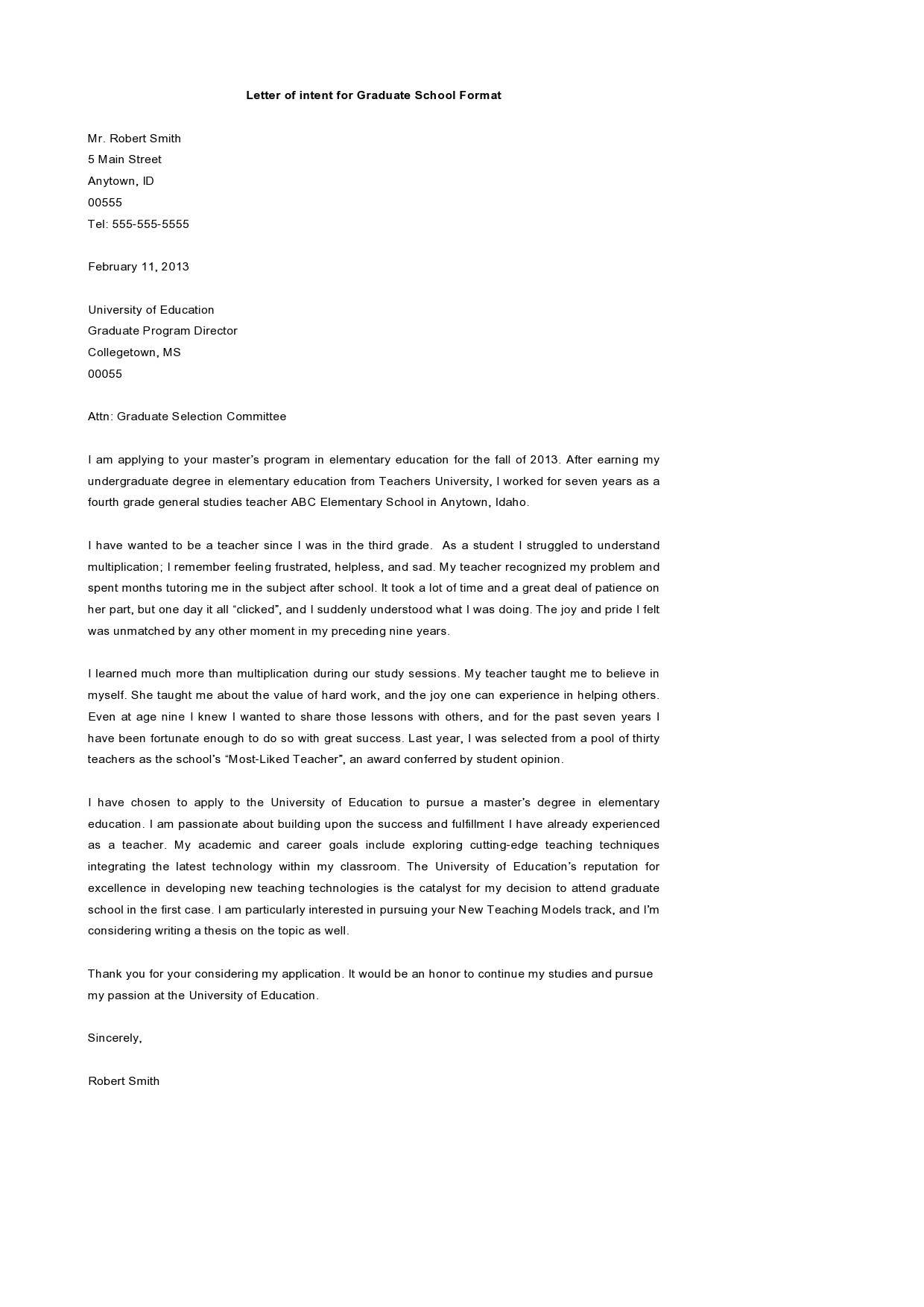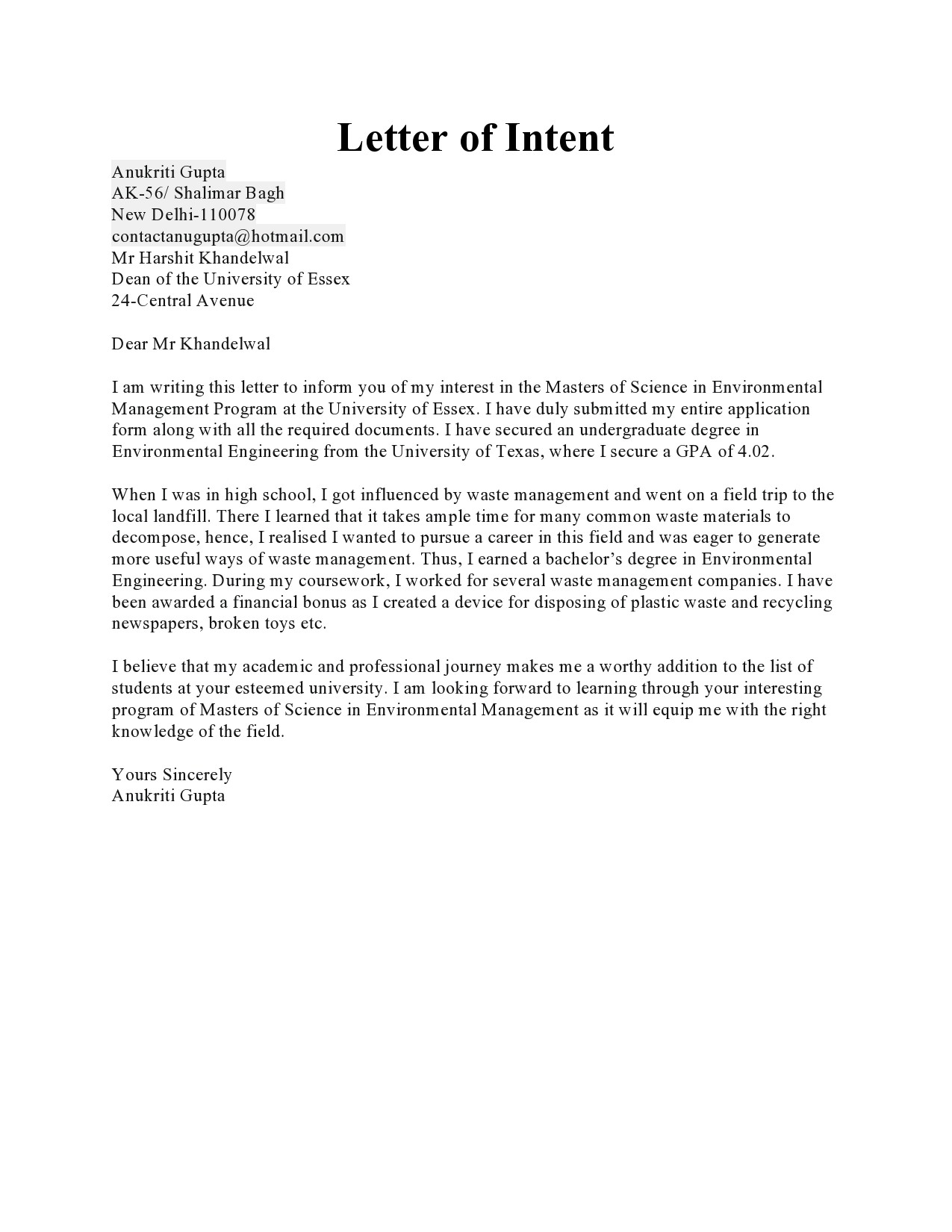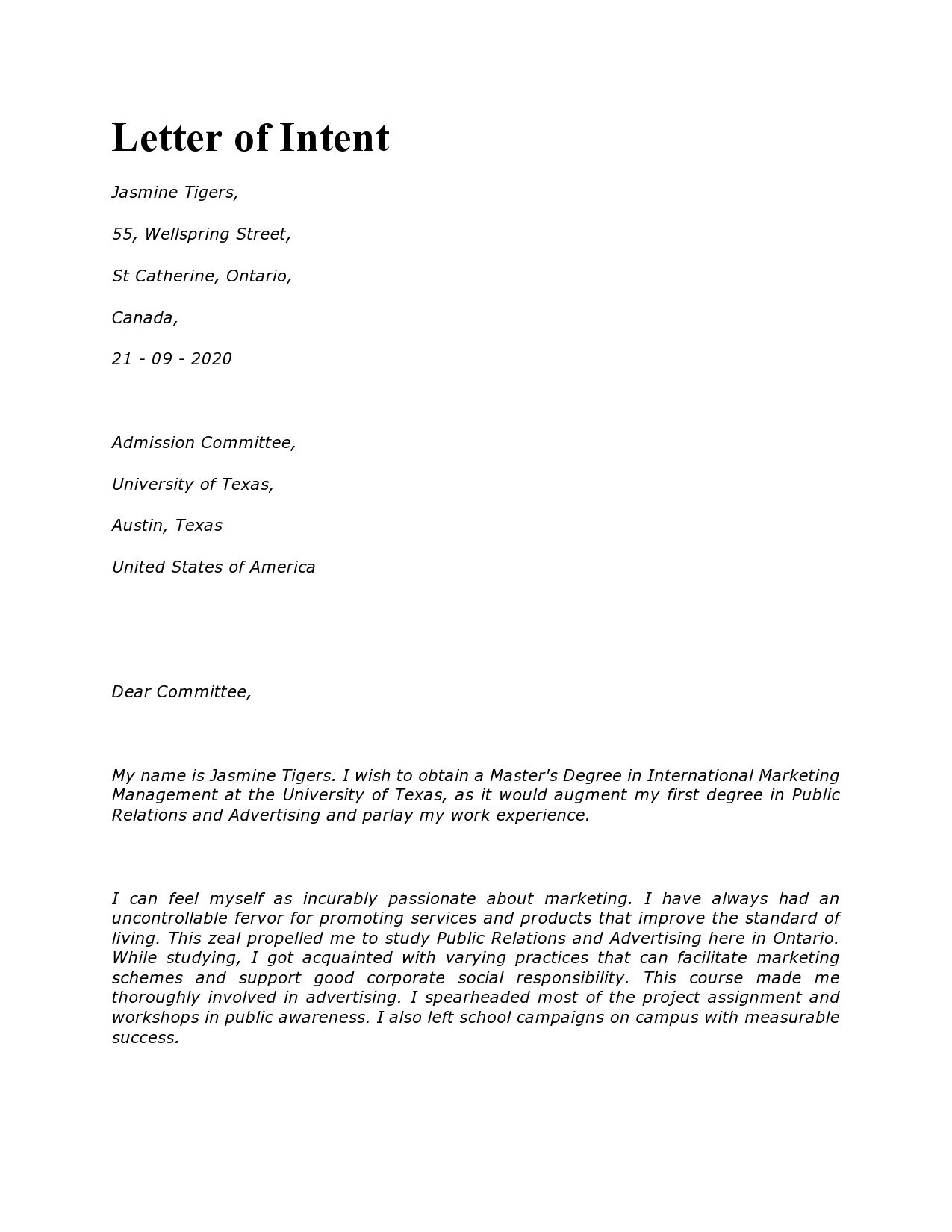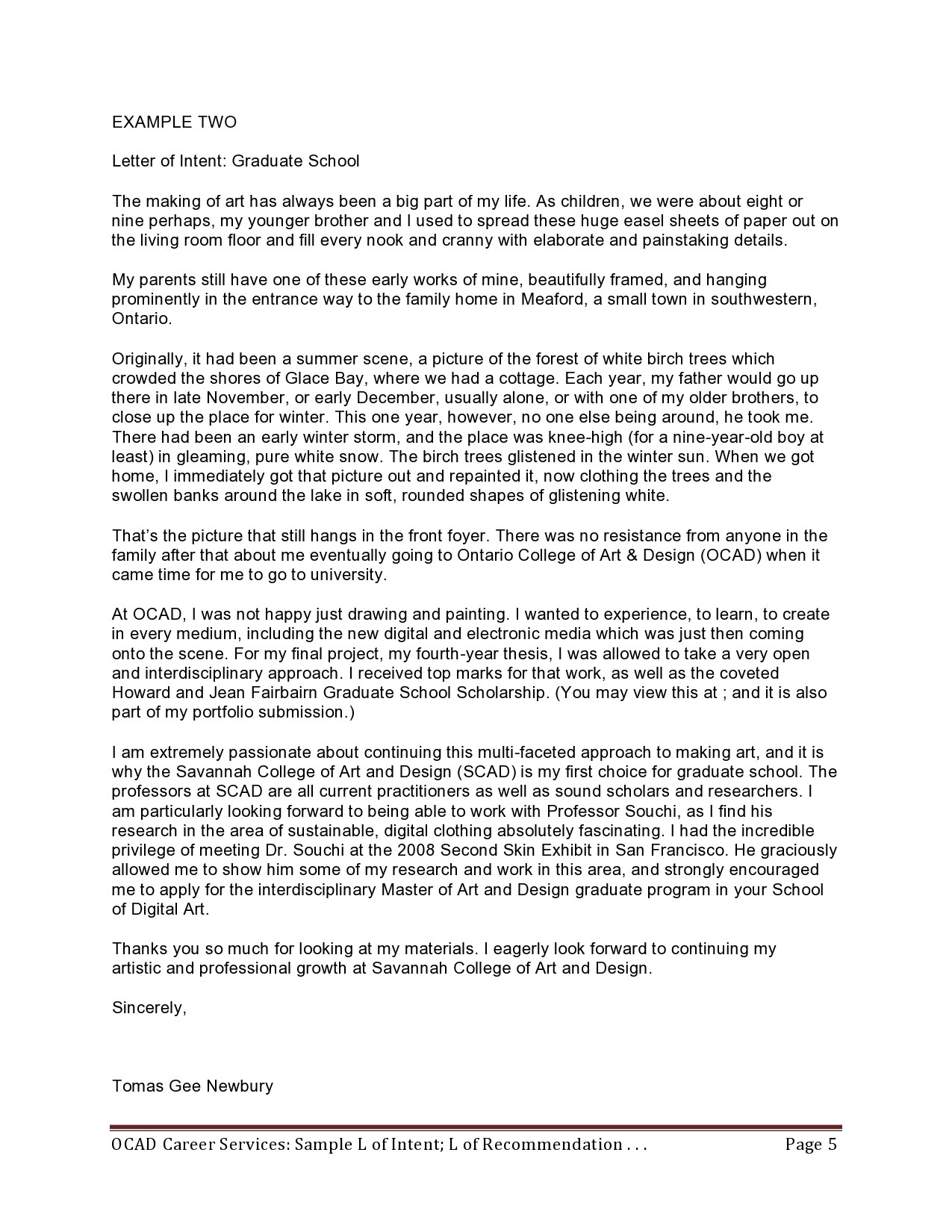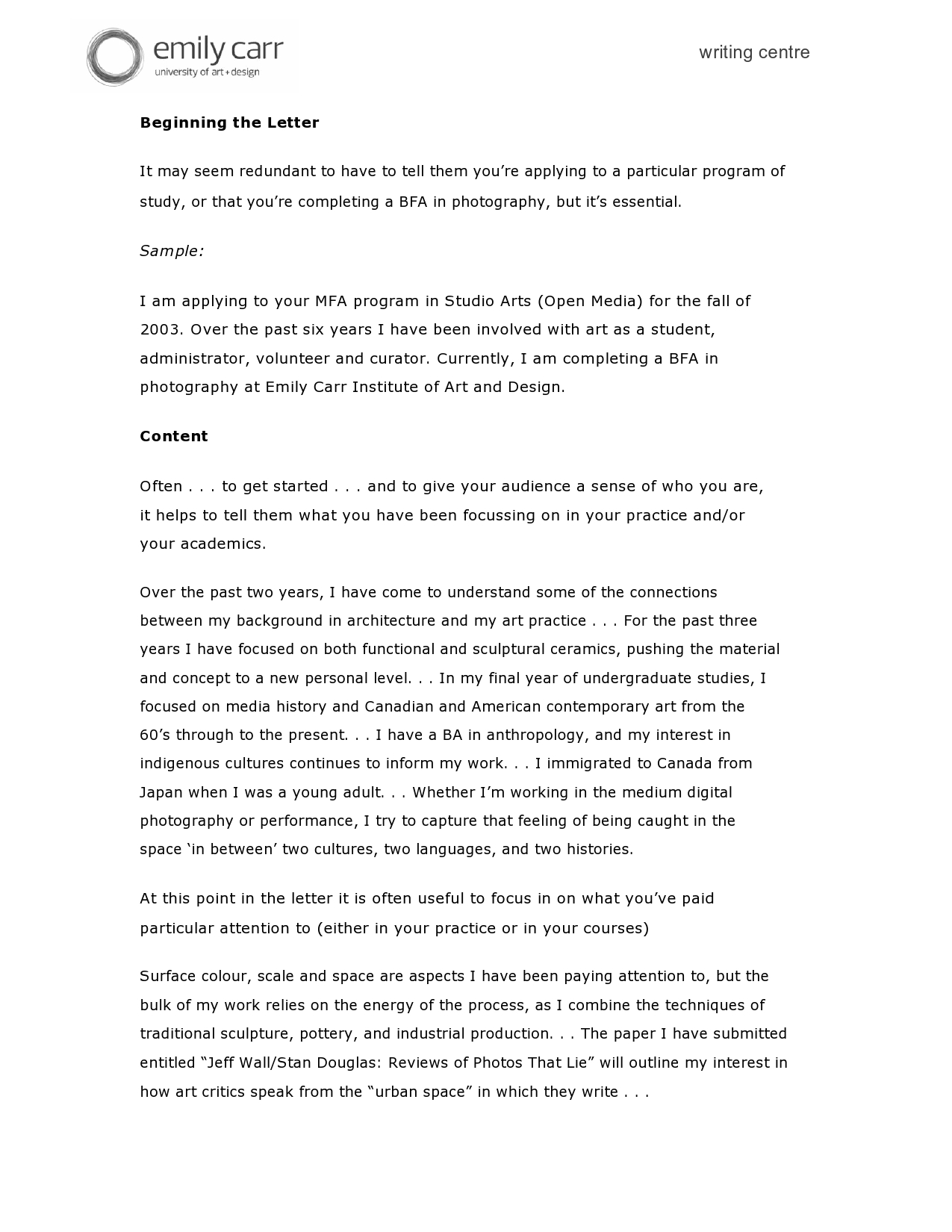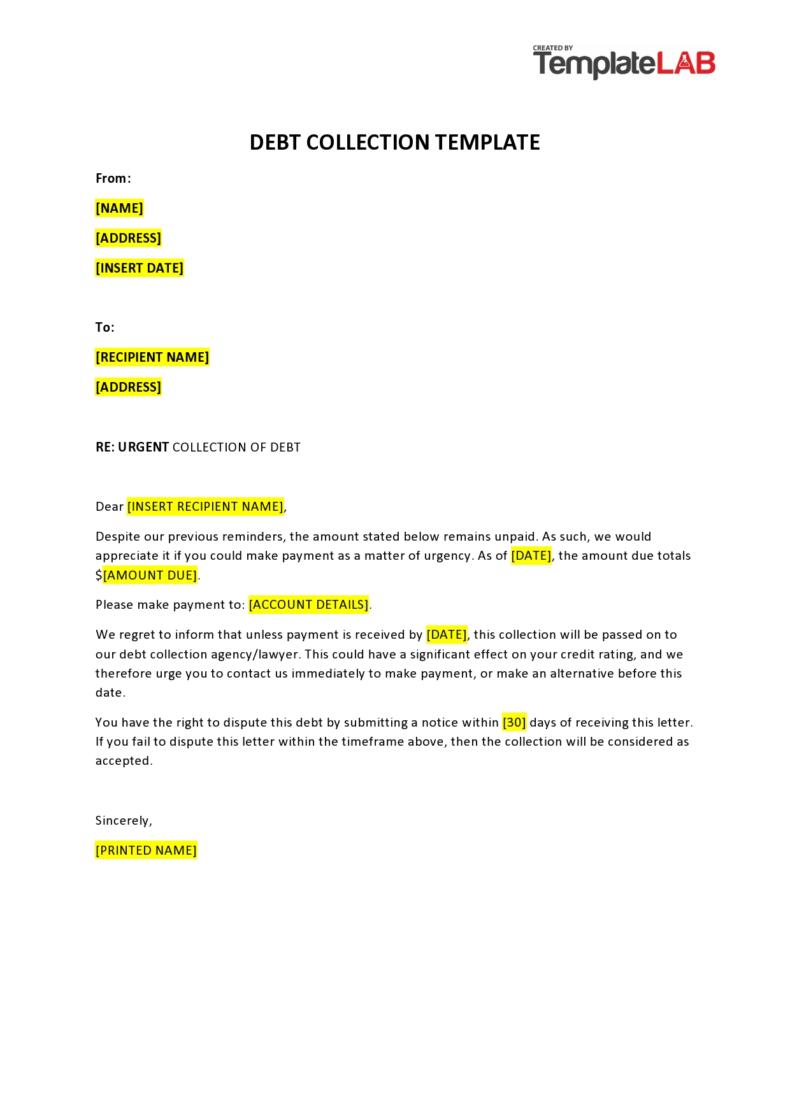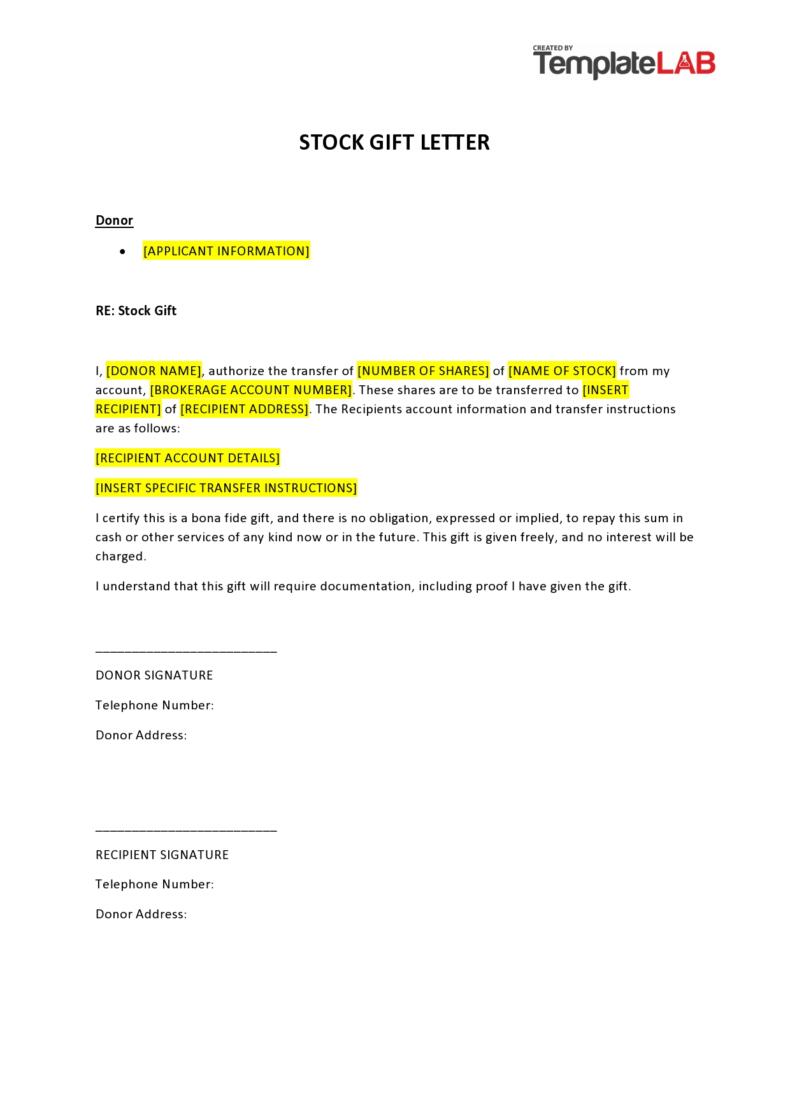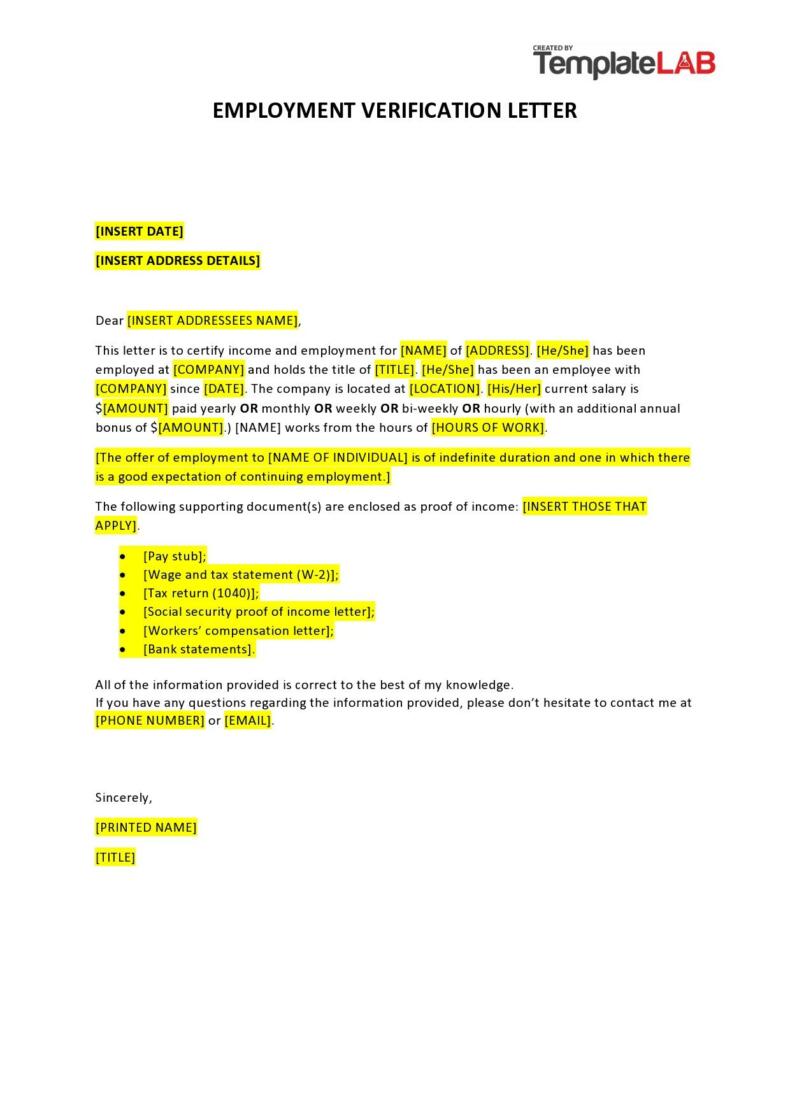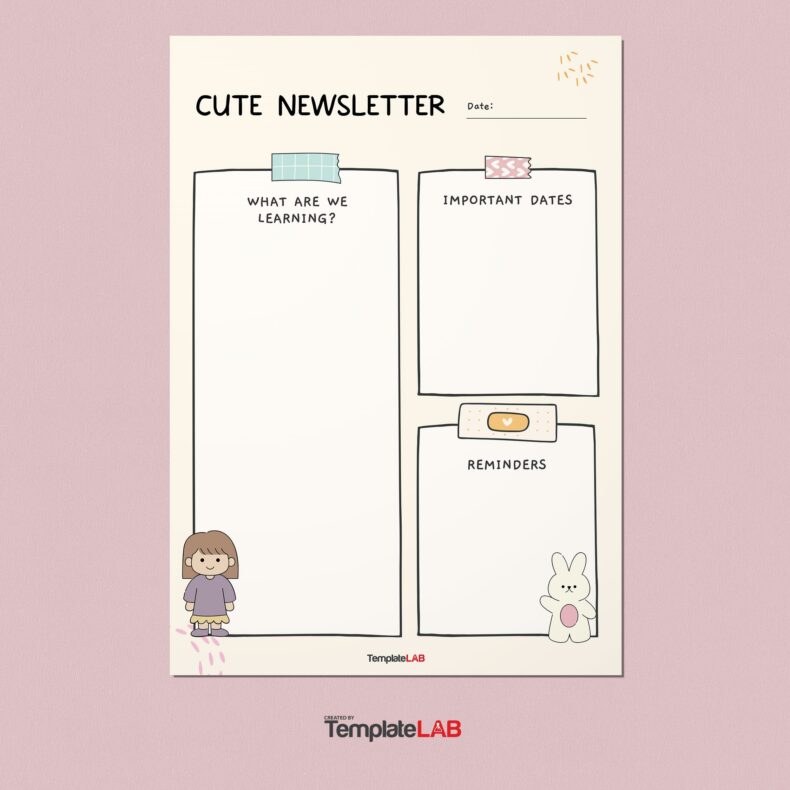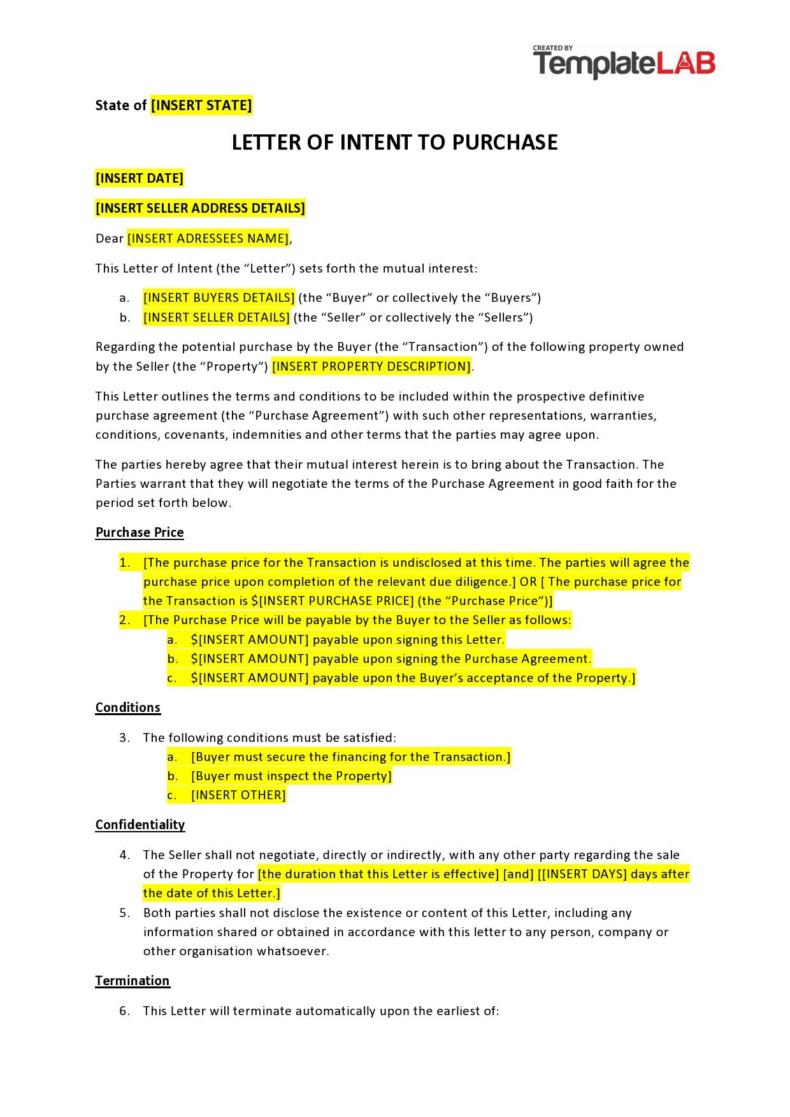It’s customary practice for almost all graduate schools to require applicants to submit either a statement of purpose, personal statement, curriculum vitae, or résumé. Aside from this requirement students also need to submit a letter of intent. This letter serves as your intellectual autobiography as an applicant that lists the series of experiences and events of your academic life that motivated you to further your education. The letter should focus on your academic life where you would address specific questions and issues.
Table of Contents
- 1 Letters of Intent for Graduate School
- 2 What is a letter of intent for graduate school?
- 3 Letter Of Intention For Graduate School Examples
- 4 What is the purpose of a letter of intent for graduate school?
- 5 How long is a letter of intent for grad school?
- 6 Letters Of Intent University
- 7 What should be in a letter of intent for graduate school?
- 8 Tips for writing your letter of intent
- 9 Letters Of Intent For School
- 10 Formatting your letter
Letters of Intent for Graduate School
What is a letter of intent for graduate school?
A university letter of intent template usually comes in the form of a brief essay that outlines your skills, goals, and achievements within your field of study. Providing this information will strengthen your application to graduate school. The admissions committee searches for applicants who express a genuine interest in their field and prove that they will become an asset to the program. It’s important that in your letter, you list your professional interests, research, accomplishments, skills, and other success areas.
You should also provide other background information like volunteer or work experience, previous projects, studies, programs, essays, and mentors you’ve worked with as these would substantiate your passion for your field of study.
Also, remember that graduate schools and the programs that they offer vary. There can be slight to the guidelines regarding the required information and in this letter. There are schools that request a personal touch while others prefer that you focus more on your professional and academic accomplishments, goals, and qualities.
Letter Of Intention For Graduate School Examples
What is the purpose of a letter of intent for graduate school?
A graduate school letter of intent for school should contain more information about you that will convince the admissions committee to consider your admission request. The specifics of your letter will depend on the program you’re applying for and what you want to include in it. In general, the letter serves the following purposes:
How well you follow directions?
The worst way to make an impression is by not following instructions. By fulfilling the requirements of the school, you’re already showing respect for the process. This also shows that you’re willing to make the effort when they need you to do something in the future.
To showcase your writing skills
One of the reasons why you need to submit this letter is to show how articulate you are as a writer. How you structure the letter will show whether you can write a well-edited and professional letter with clear prose and the correct format.
Your attention to detail
The letter is also a way for the admissions committee to find out about your attention to detail. A letter that is well-researched, well-written, and focused will show the committee that you pay attention to the school and what they ask of you. Make sure that your letter has the correct grammar, format, punctuation, and spelling as this will show your level of care for details that you could also apply to your studies.
Your personal background
This letter isn’t all about your ability to write. The letter is also about yourself. It’s your opportunity to introduce yourself to those who will read your application. This is why you should also show them your personality, how much you care about your field of study, and your reasons for wanting to pursue your studies. This way, when you meet the committee for an interview, they will already have an idea of who you are.
Your professional and academic achievements
Showcasing your achievements is the most important purpose of this letter. The items to include here could make you an excellent candidate for the schools. Be very careful when writing this part. Don’t make it sound like a rehash since the committee already knows this information from your application. Instead, provide context for your application where you talk about your experiences in the best possible light. This way, the committee will better understand your application.
How long is a letter of intent for grad school?
Although you can write a letter of intent for graduate school using a personal or formal approach, one important thing to remember is to make it precise, short, informative, and concise. It should contain all of the essential sections and elements. The key to writing a successful letter is to prepare well and pay attention to all of the details. Make sure to include all of the vital sections and points. In terms of length, keep it between 300 to 450 words and not longer than 2 pages.
Letters Of Intent University
What should be in a letter of intent for graduate school?
In most universities, a letter of intent for grad school is part of the admissions process, especially when you will apply to graduate programs that are research-oriented. A sample letter of intention for graduate school is closely scrutinized by the admissions officers since the letter is the venue where applicants talk about themselves, their goals, and their reasons for wanting to attend graduate school.
Since the admission board will examine your letter closely, you have to be well-organized, written, and constructed. The university will use the letter to determine if your career goals are in sync with the program you’re applying to. To make a great letter, it should include the following:
Opening paragraph
Open your letter by going straight to the point. Mention the program you’re applying to, whether this is a doctorate or master’s degree.
Body
Describe the experiences that served as the basis of your future graduate work. Also, discuss how you developed your interest in the field, and your academic plans to reach your goals. Talk about your undergraduate studies in general, your major, and your specialization within your major. Mention any academic accomplishments and achievements too. Include any specific learning experiences that show your inspiration and motivation for continued research or study like:
- Independent research or study courses
- Undergraduate research, conferences, or presentations
- Teaching assistantships
- Published work
- Research internships
- Laboratory experiences
- Honors thesis
- Seminar courses
- Independent writing
- Any education abroad
- Academic honors
- Closely-related work experiences
Closing paragraph
Explain using specific terms the reasons why you want to attend the university and the specific program. Also, describe how the graduate curriculum of the university matches your long and short-term career and academic goals. Also, show evidence of how you researched their program, faculty, research, and departmental facilities and resources. Indicate how your intellectual and academic interests match with the department or program’s research interests.
Concluding statement
In a concise manner, provide a summary of why you believe you have the skills and experience needed for the university’s program. Explain that you’re motivated and qualified and that you plan to succeed in graduate research and study.
Tips for writing your letter of intent
It is in the body of your letter where you will introduce yourself to the admissions committee and make your case. There are many ways to do this but the one you should choose will mainly depend on your purpose for writing the letter. Although the approaches may vary widely, they should have the following goals:
- To guide the attention of the readers to specific elements of your application including certain experiences, accomplishments, skills, and more.
- To personalize your application. This approach will give the readers a more holistic view of who you are and why you’re applying.
The best approach for you will mainly depend on your background and the other information in your application. For instance, if you will apply and you already have an impressive resume and GPA with very high assessment scores, you might not need an element of personalization to set yourself apart. If this isn’t the case, you can emphasize your most notable achievements. In the case where you have stellar qualifications, the organization of your letter would be fairly straightforward. Here is how you can pattern your letter:
- You can use the first paragraph to state the opportunity you’re applying for.
- The second paragraph could be about your skills and how you have shown or used them.
- End with your career or educational background information related to your application.
There could also be a case where your curriculum vitae is just a little above average or if you struggled in the past with personal issues that caused you to get a low GPA. In such a case, it’s recommended to take a different approach. Narrate your personal story instead of your achievements.
By giving your application context and identity, you might draw the attention of the admissions committee to who you are and how passionate you feel about the program you’re applying to. In this case, how you organize your letter may vary depending on what you want to say and your story. Usually, you would do this chronologically although it’s recommended to put some thought into how you plan to organize your letter. After you write a draft, review it again to make sure that you have a good strategy.
An ideal letter should always be short. precise, informative, and concise. It should contain all of the essential and expected elements. Avoid using clichés and generalizations. Instead, focus on your career and academic goals. It also isn’t recommended that to blow your horn about how hard-working, conscientious, and diligent you are.
Often, the admissions committee might see this as something negative. It’s better to show prudence by only providing the readers with relevant information in your application. It also isn’t advisable to include extraneous points or information that don’t communicate your letter’s intent effectively. Aside from the crucial suggestions and observations discussed, here are some tips that will help you write a successful letter:
- Gather information from the program guide, college website, or student prospectus before writing your letter.
- Analyze the information you have gathered to find out if the program is right for you and it covers all of your objectives.
- Brainstorm and take down notes that you could potentially include in your letter.
- Prepare a template and start writing your first draft.
- Review your draft, then make any revisions changes if needed.
- Write your second draft. Review the letter, then check any errors in grammar, spelling, punctuation, typos, and vocabulary.
- Have a few prominent people review your draft. These people should be within your family or people at school who you trust. Choose those who have a strong command of the English language and have at least some experience writing letters like the one you’re making.
- Make the necessary corrections and changes based on the feedback you receive.
- Prepare your final letter, then go through it one last time.
- Print your letter on crease-free, crisp sheets of plain white paper. Don’t fold the letter. If the school requires that you submit the document online, create a PDF version, then email it according to the instructions.
Letters Of Intent For School
Formatting your letter
Formatting your letter is also important. This is highly recommended because a well-formatted letter will immediately draw the attention of the readers so they will feel compelled to read it. How you format your letter will depend on how you will write the content. You need to make sure to present your content properly. It’s recommended to keep the following stylizing and content tips in mind when formatting your letter.
Content
- Be as straightforward and concise as possible.
- Use an active voice, not a passive one.
- Be both precise and accurate.
- Use transitions to make connections to each of the paragraphs to ensure a smooth flow.
- Limit the number of words you use to between 300 and 450 unless otherwise specified.
- Limit the number of pages to 2 unless otherwise specified.
Style
- Use a simple, legible, and clear official or business font for your letter.
- Use a font size between 10 to 13pts depending on which font you use.
- Space lines by 1.2pts if you think the single-line spacing is the best option.
- Don’t use bold colors in the header of your letter or anywhere else.
- Don’t use italics unless you need to emphasize a certain point.
Maintain equal and reasonable margins all around your letter.

